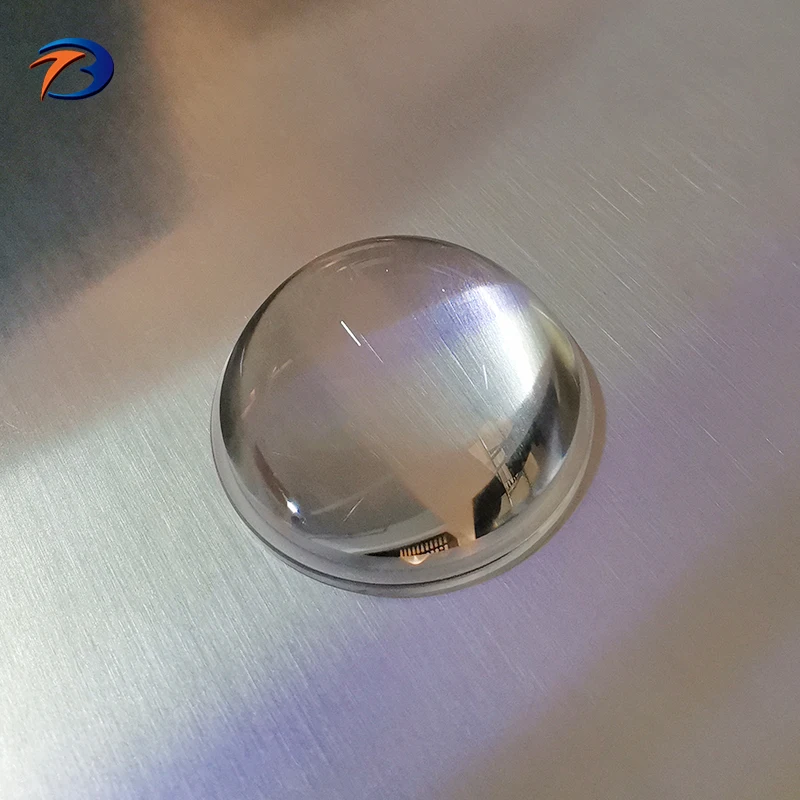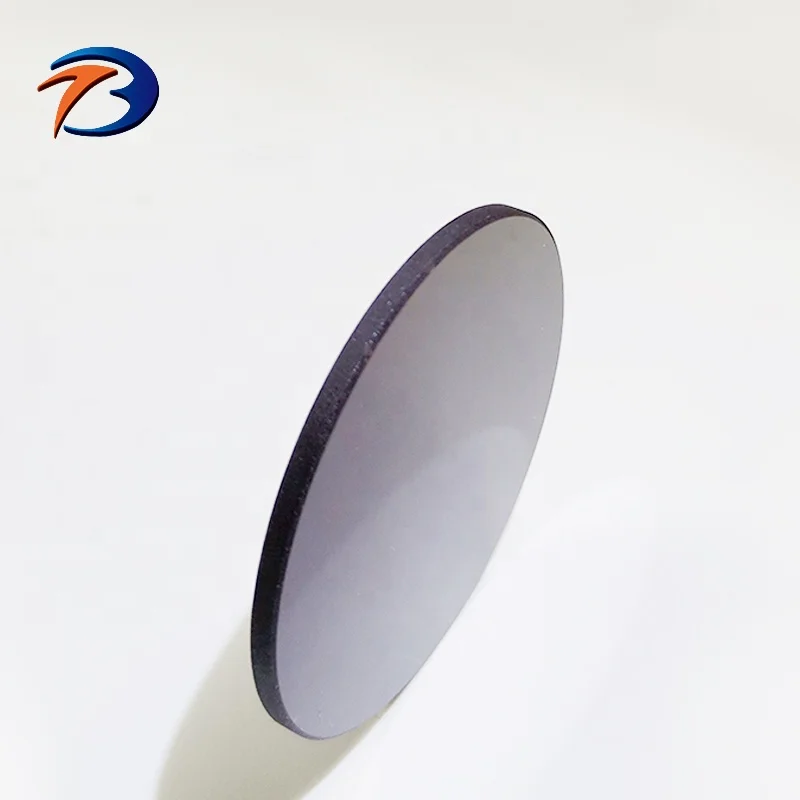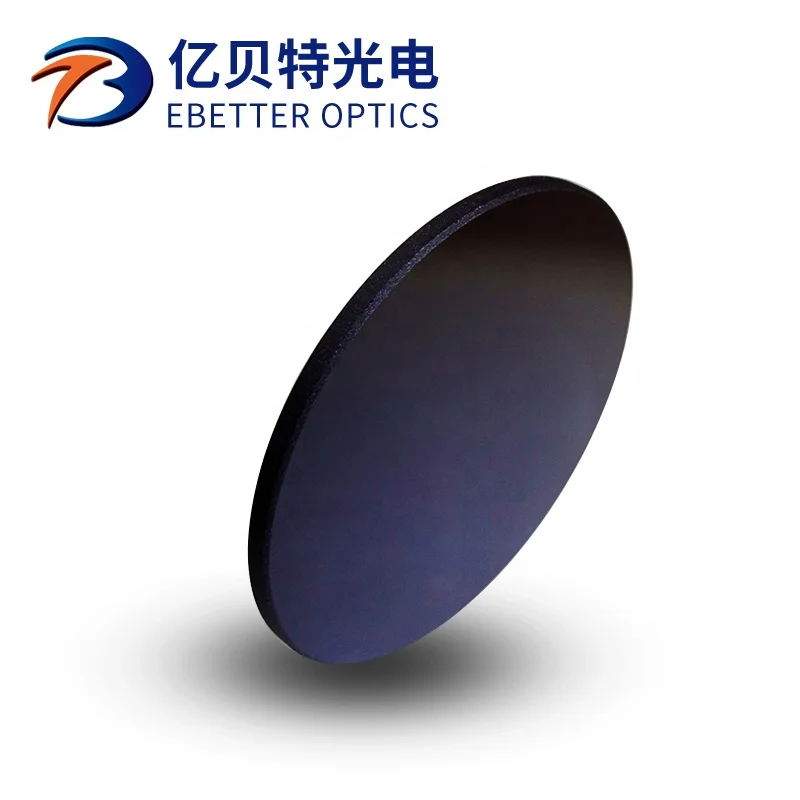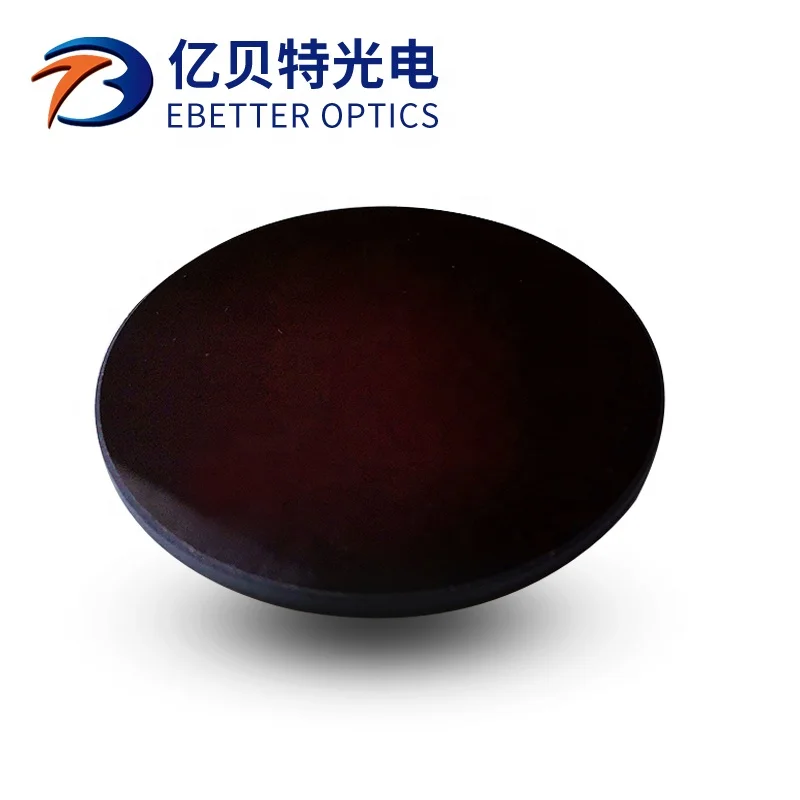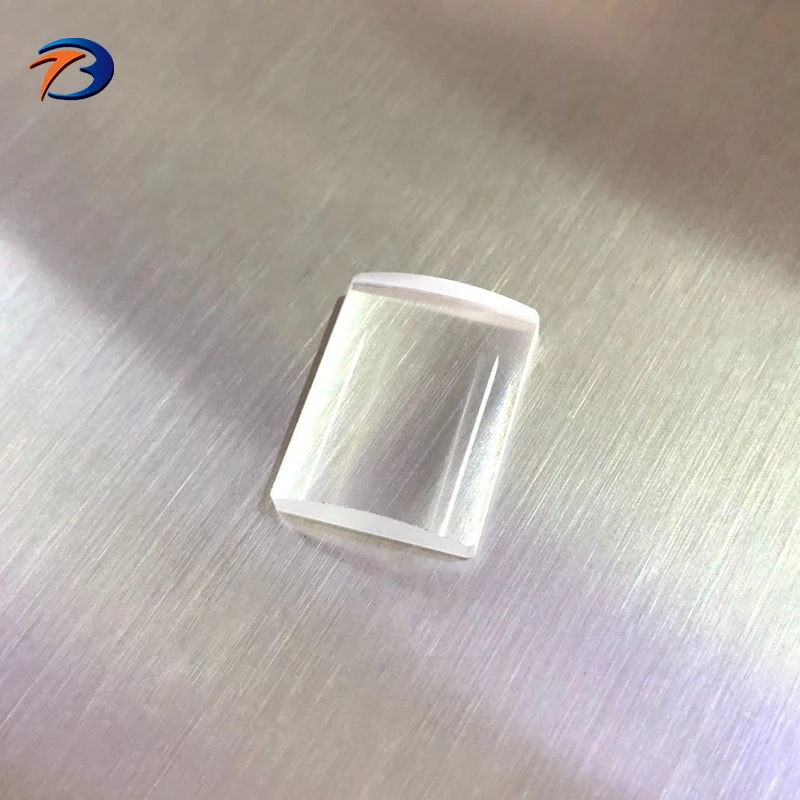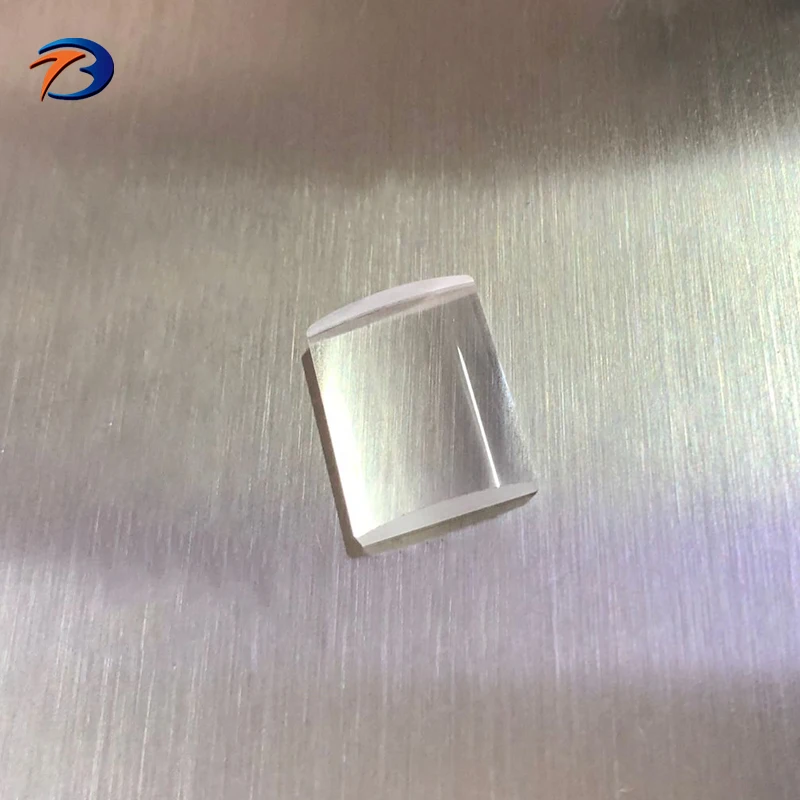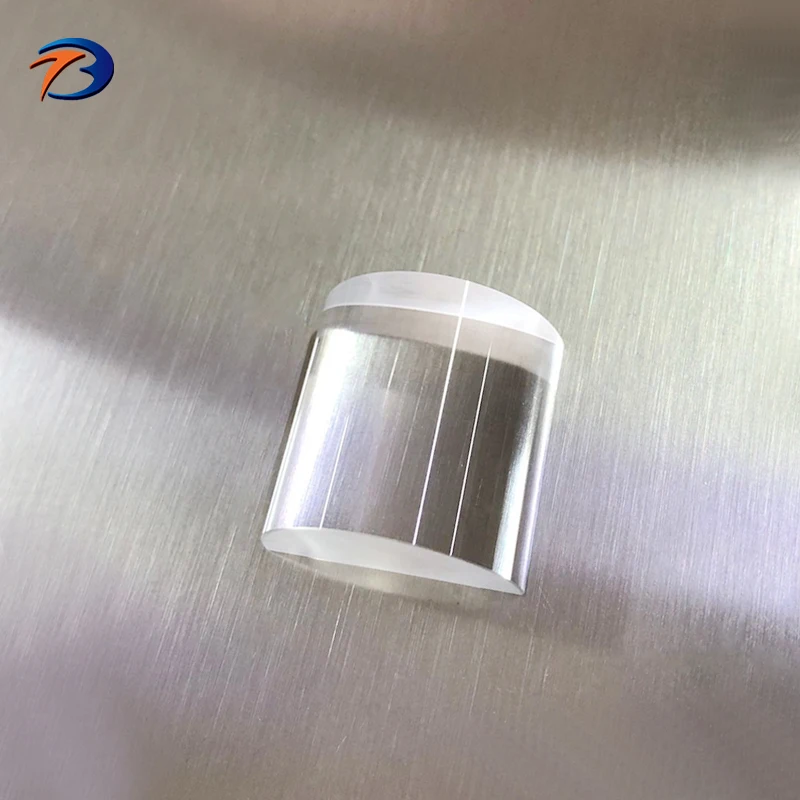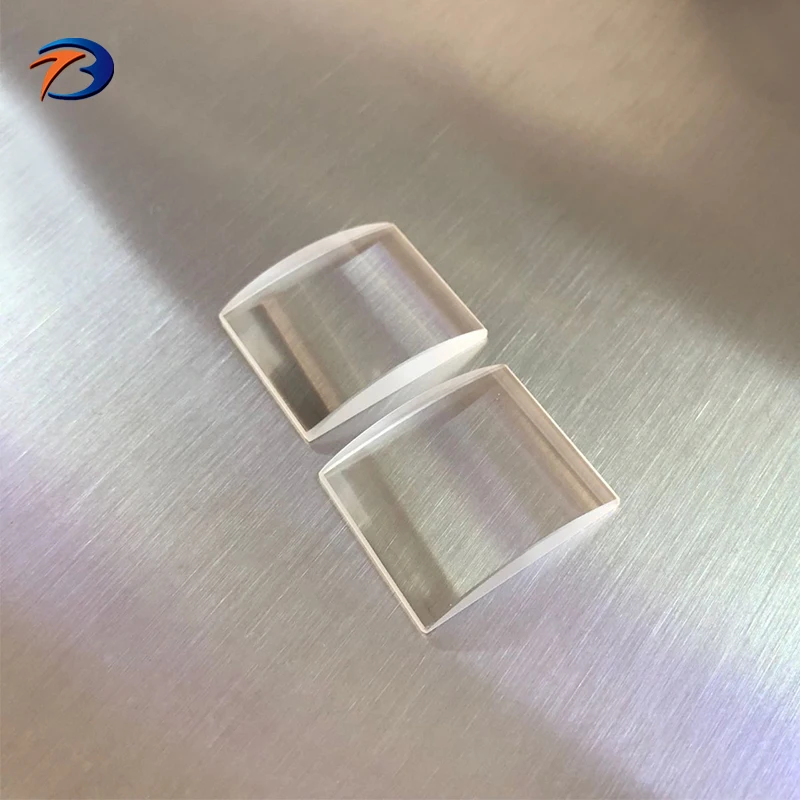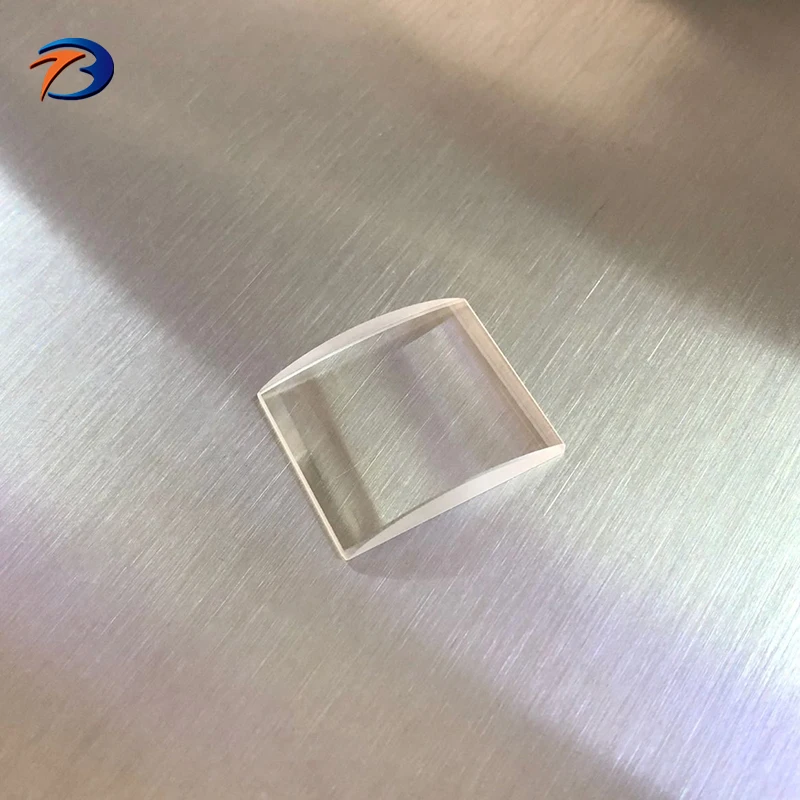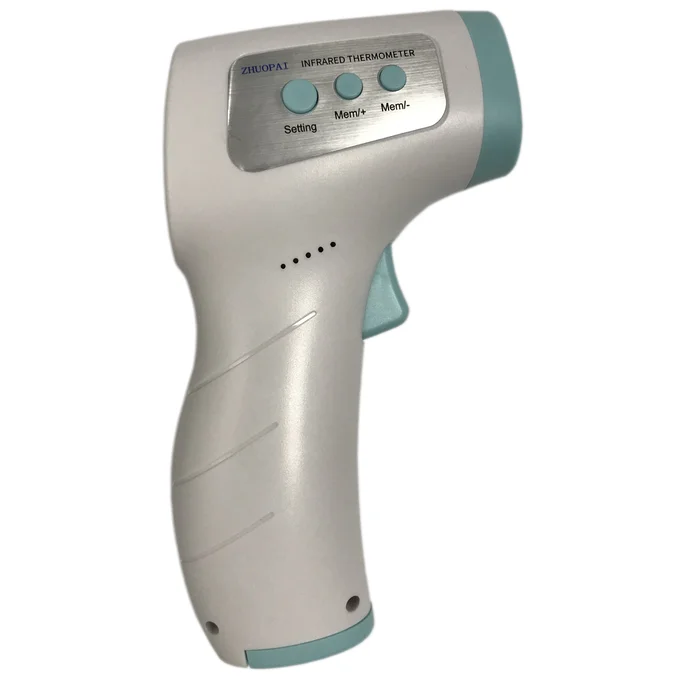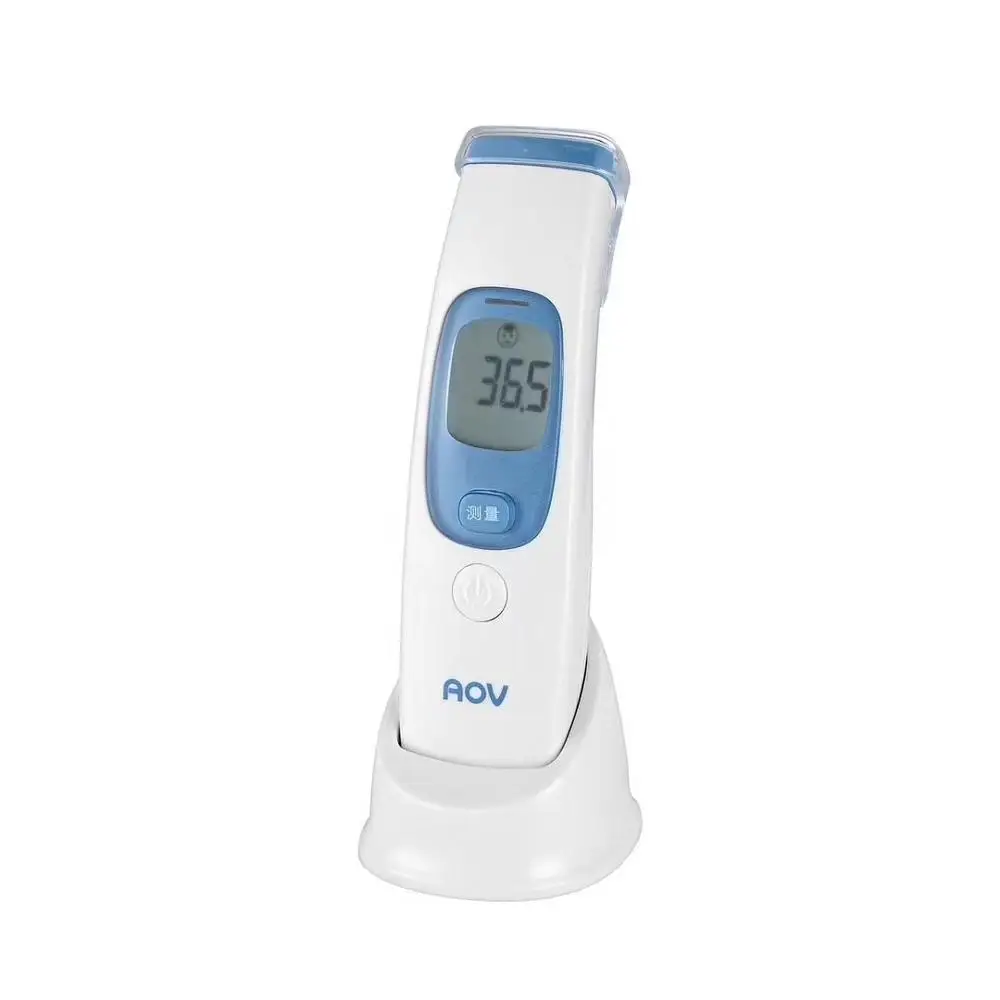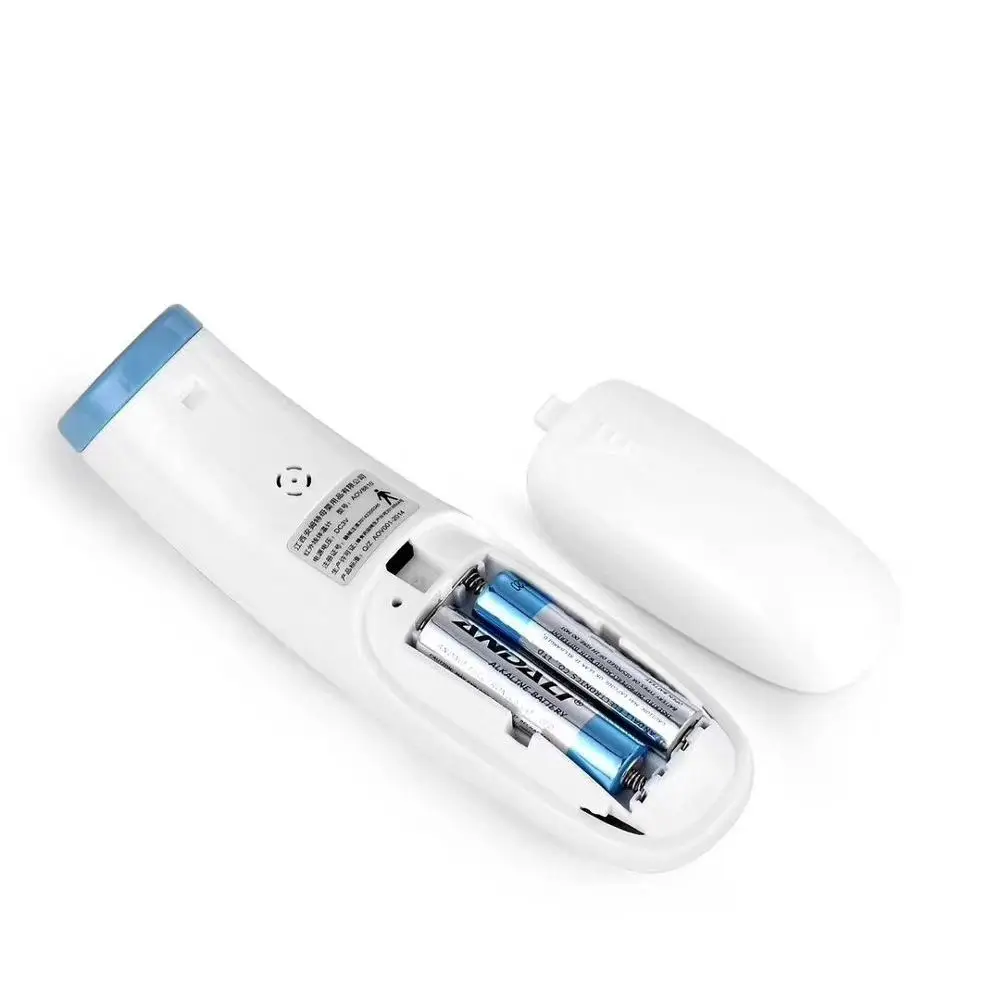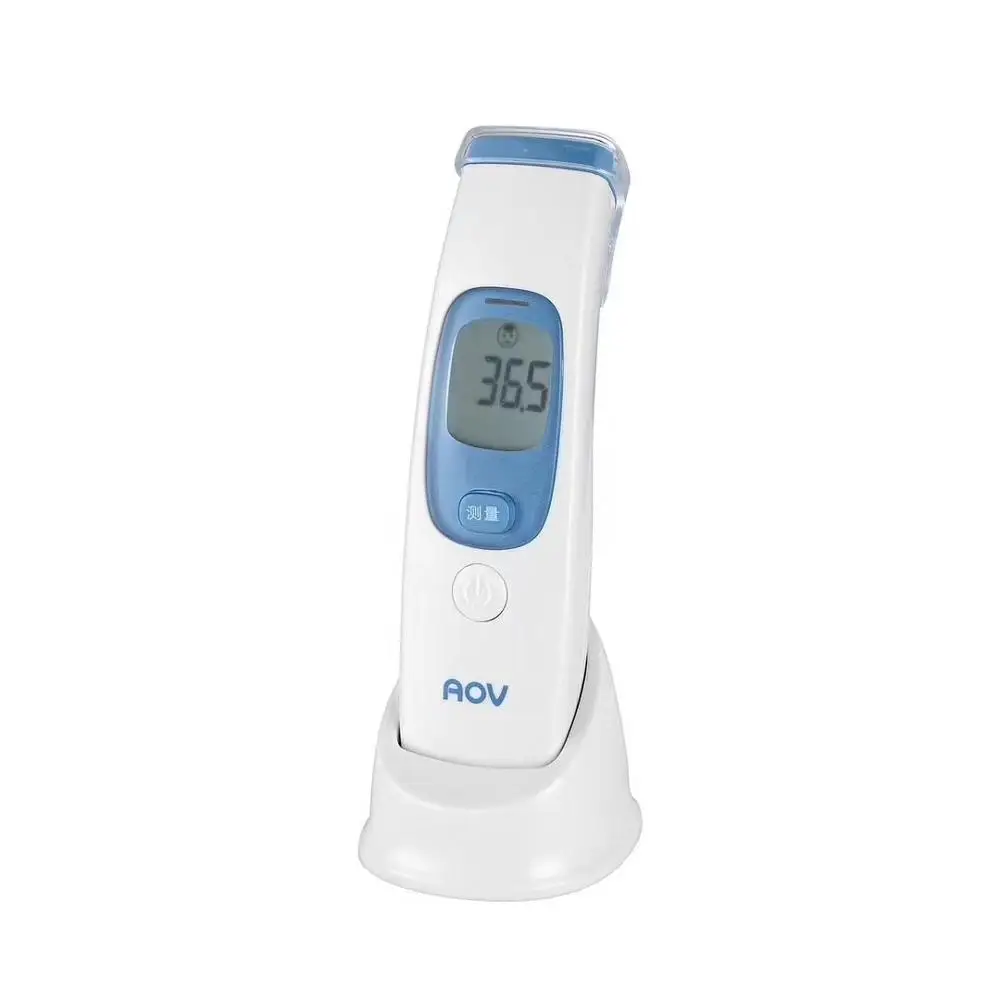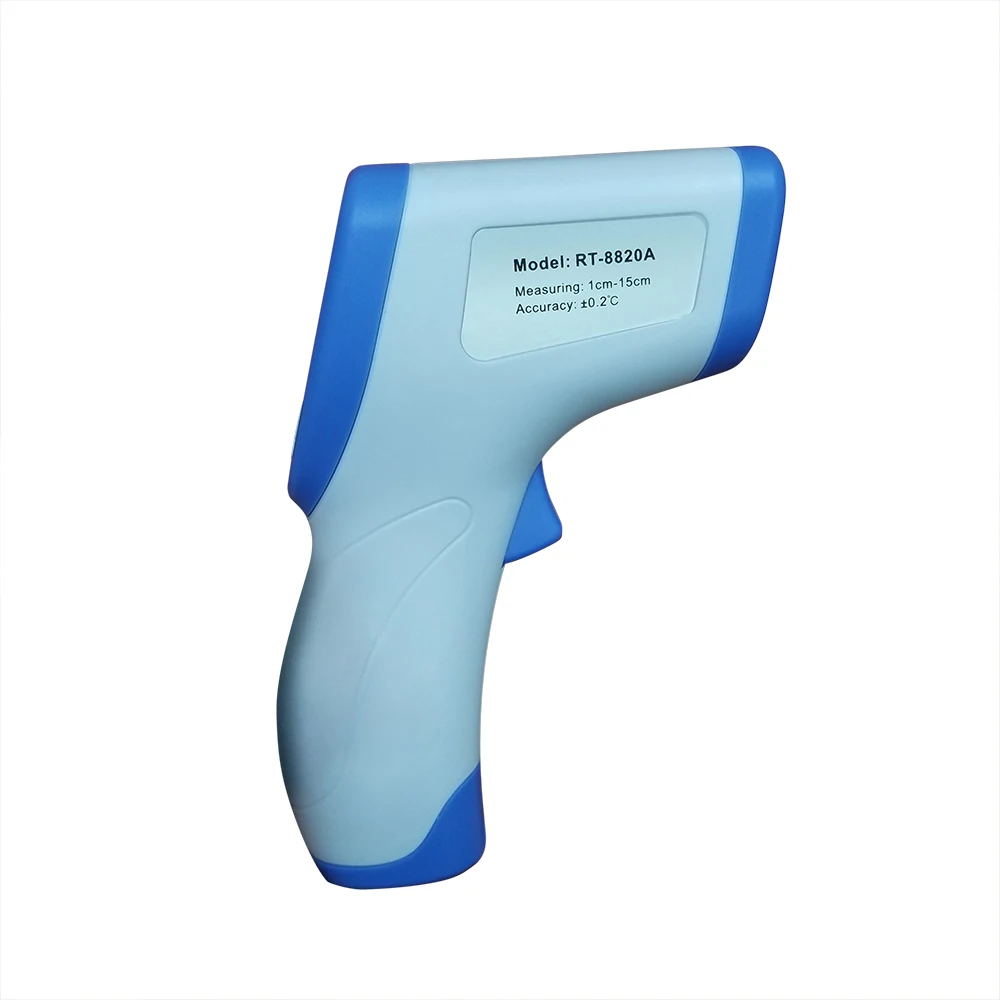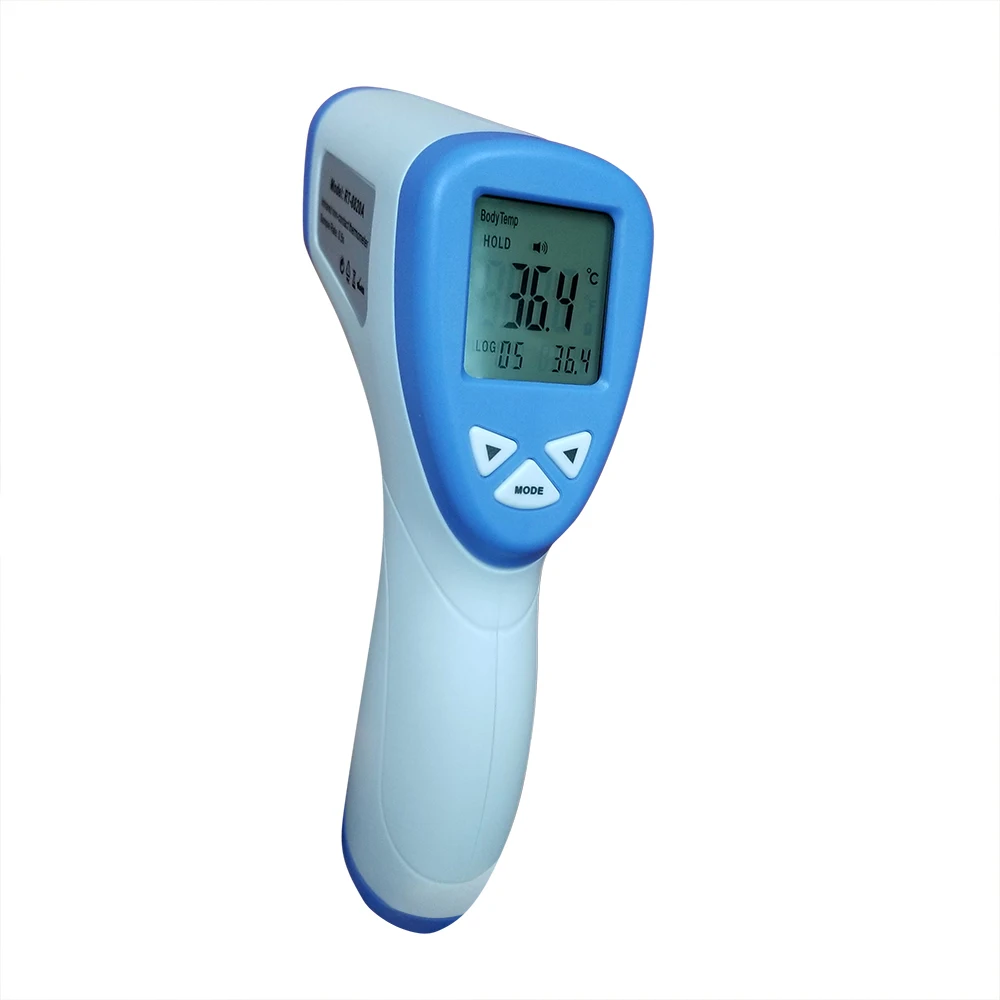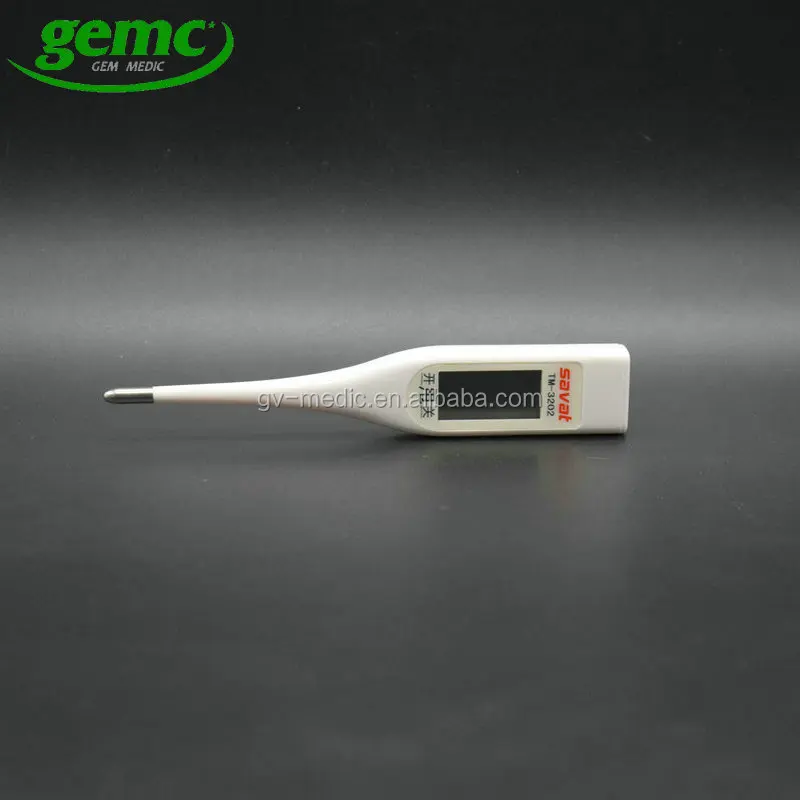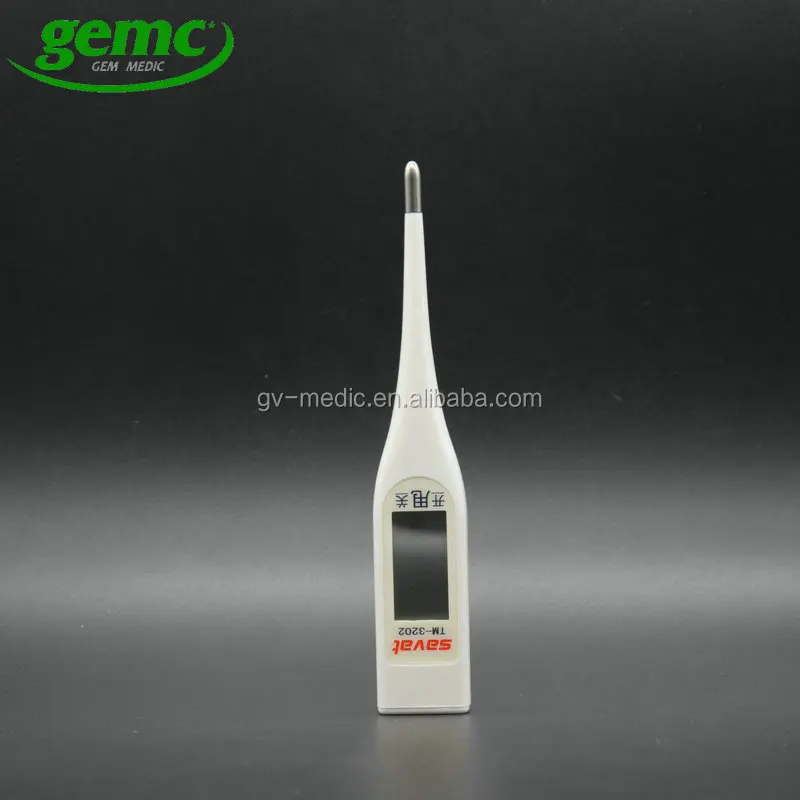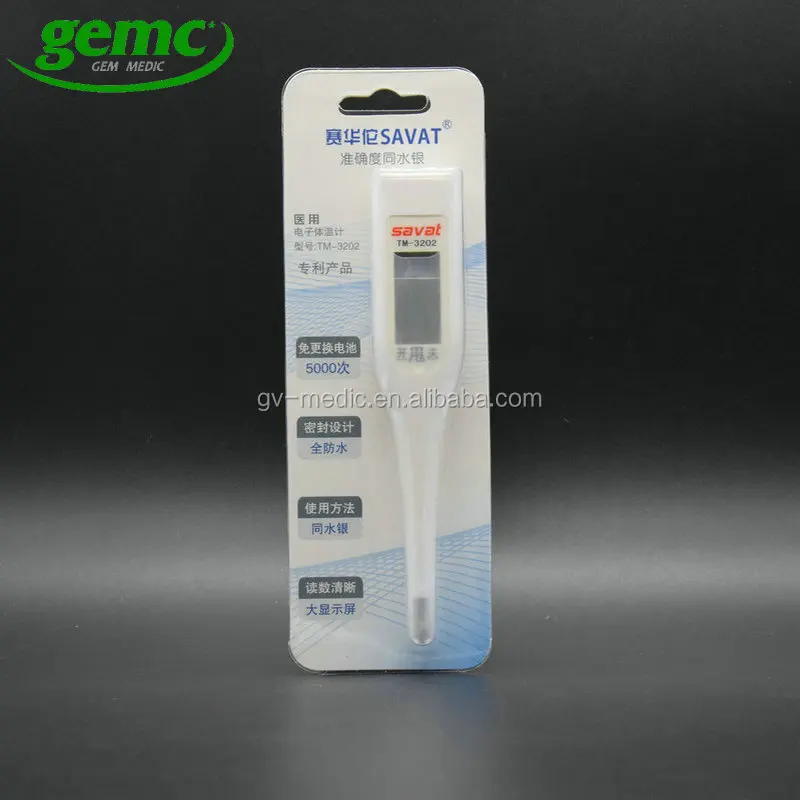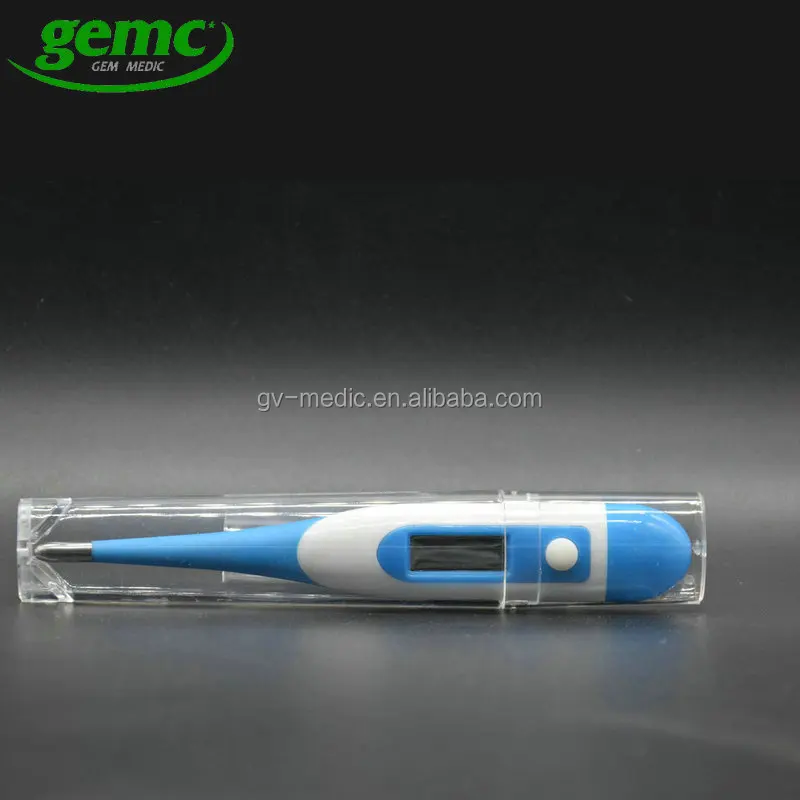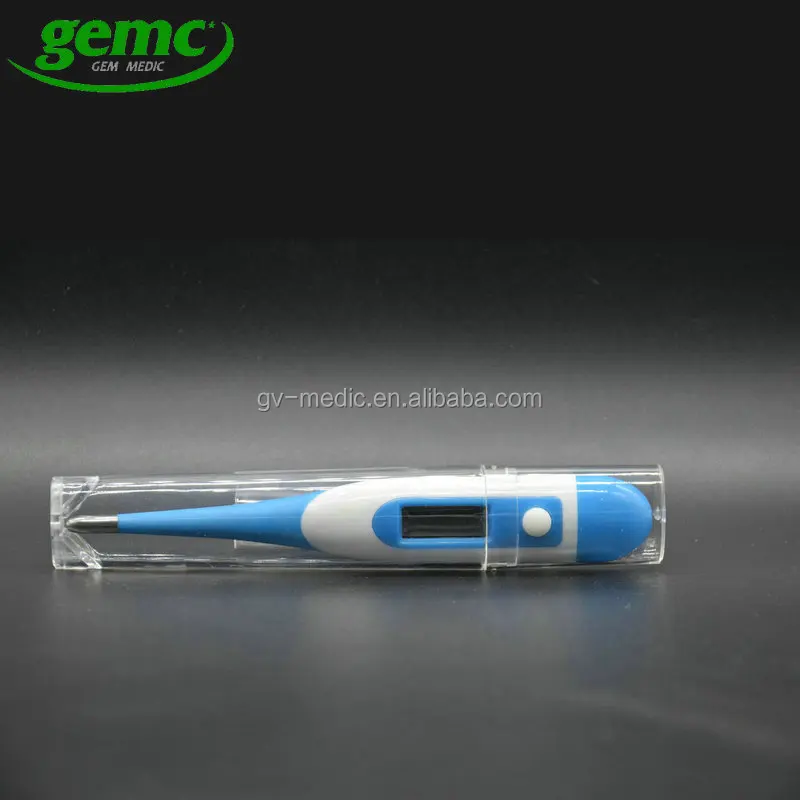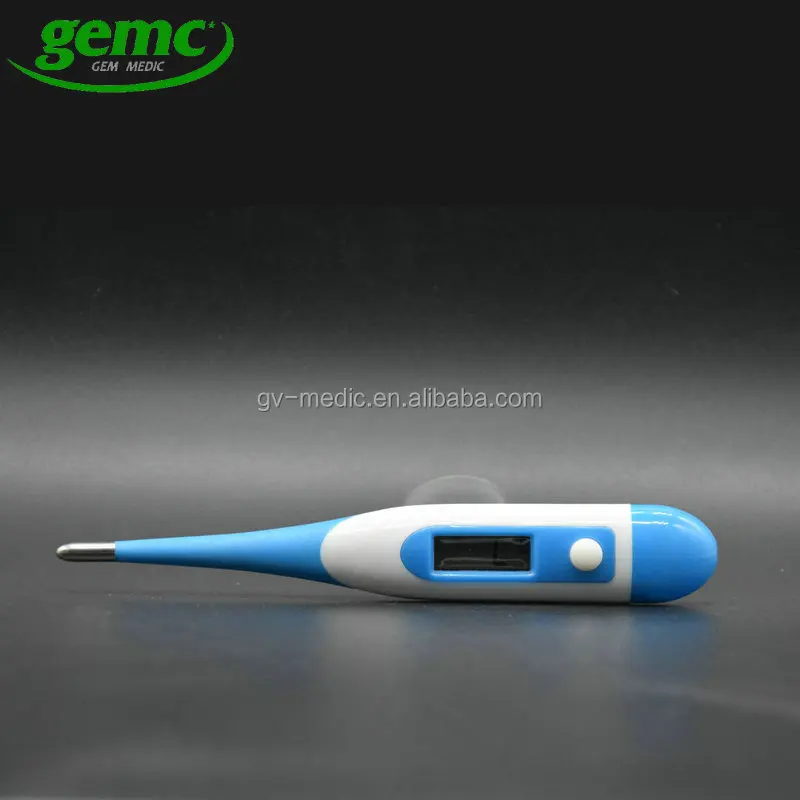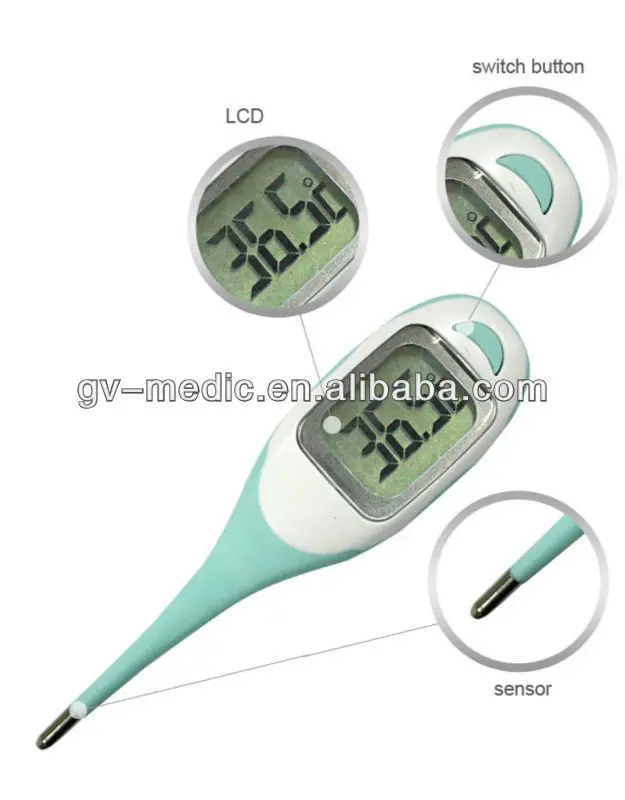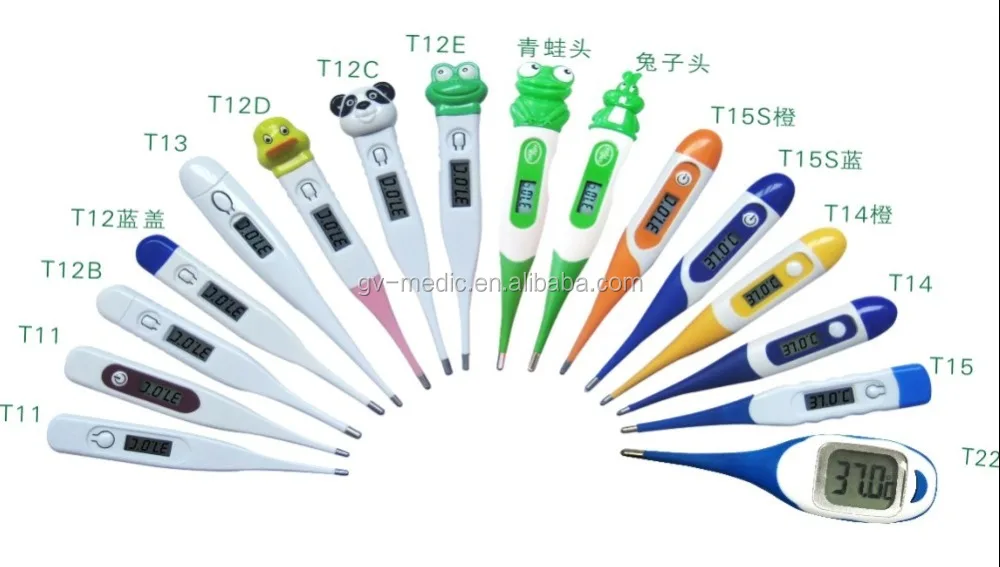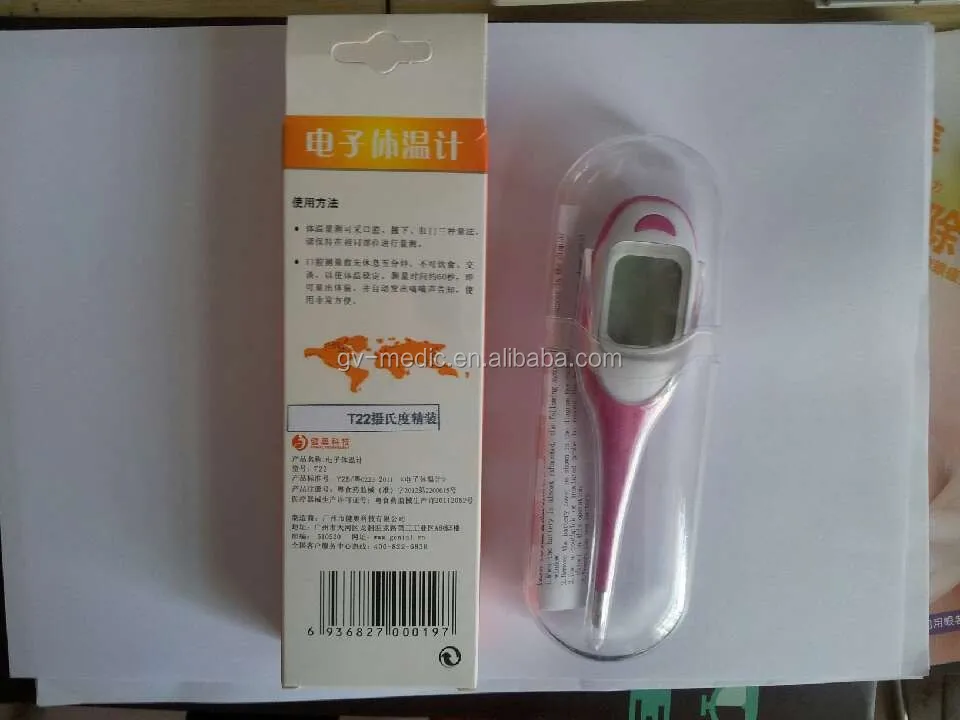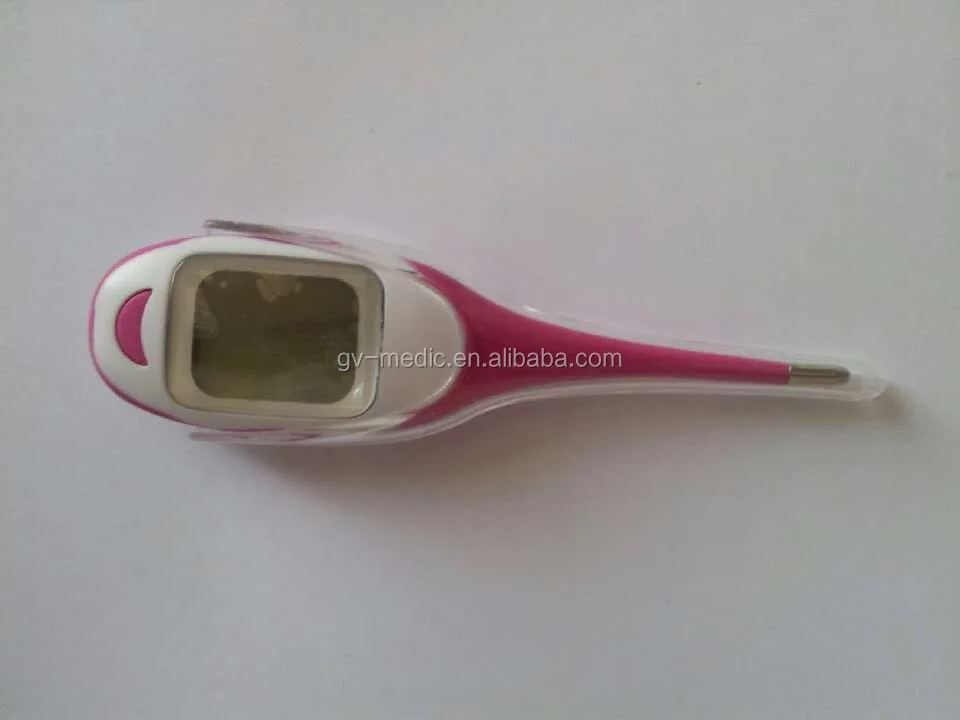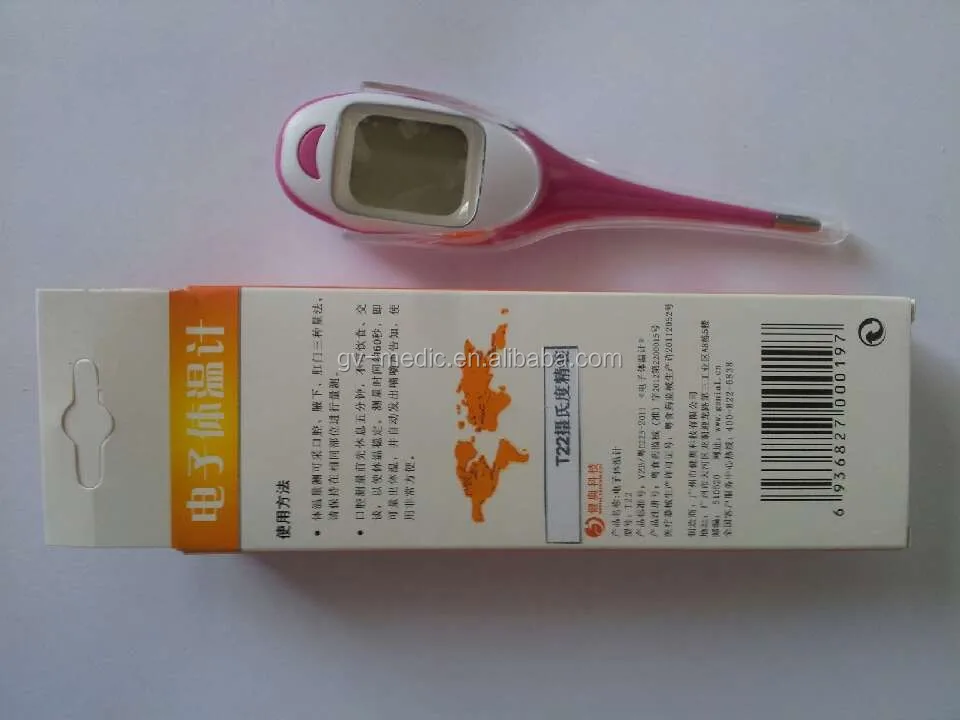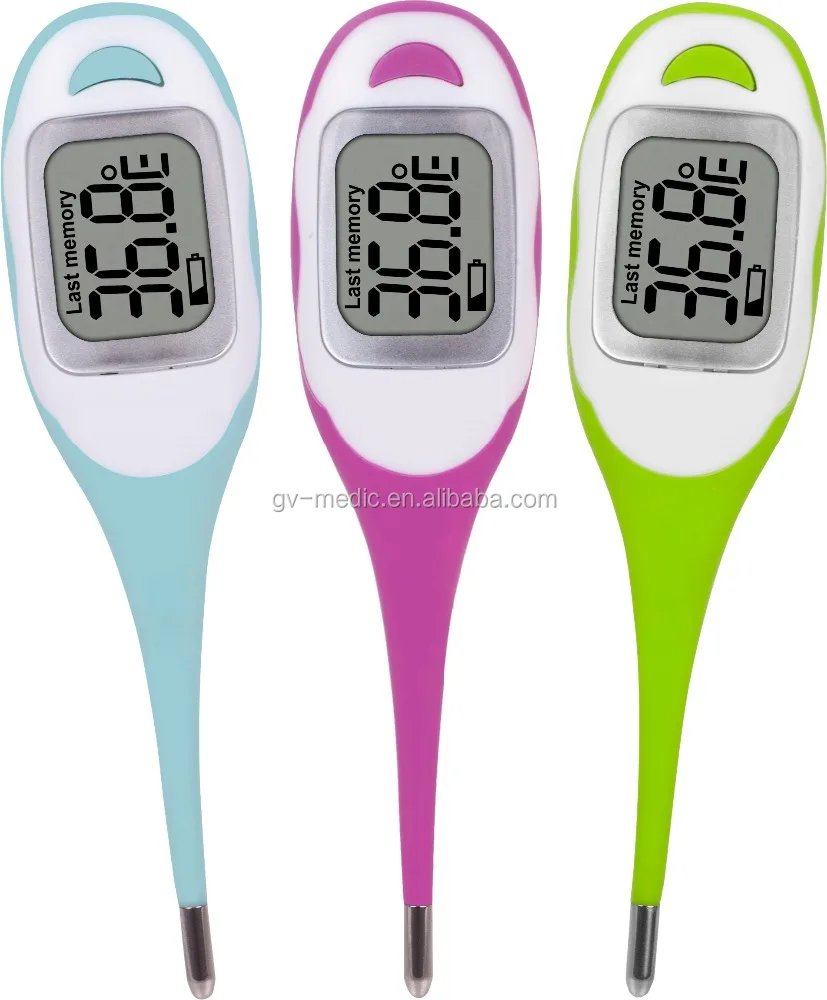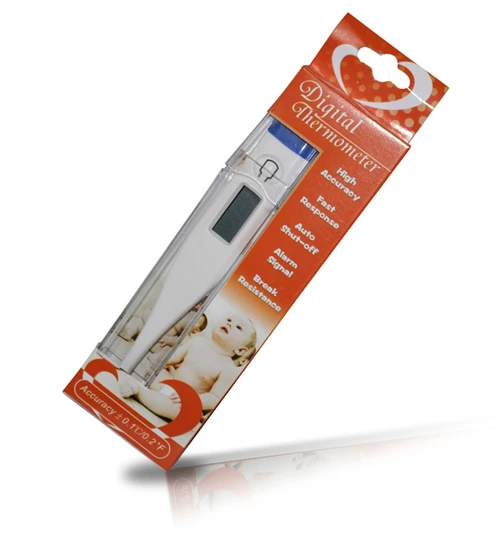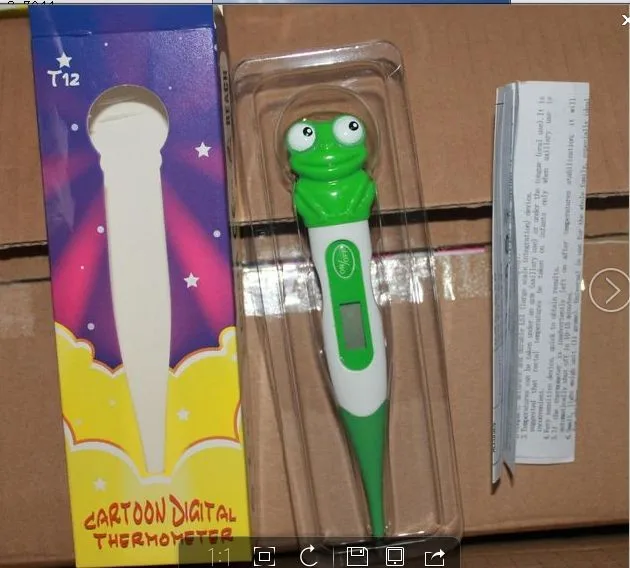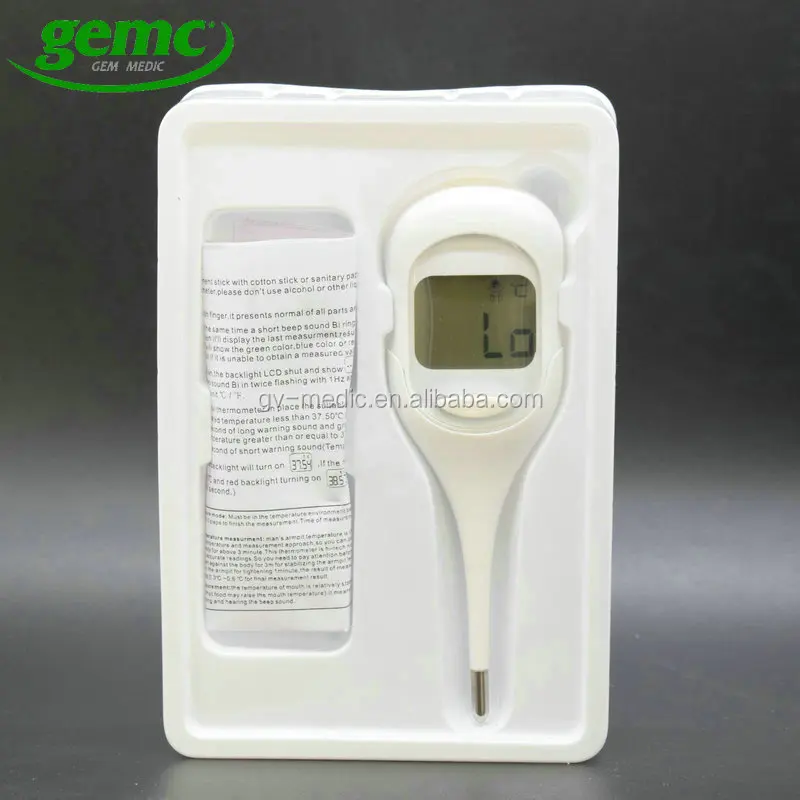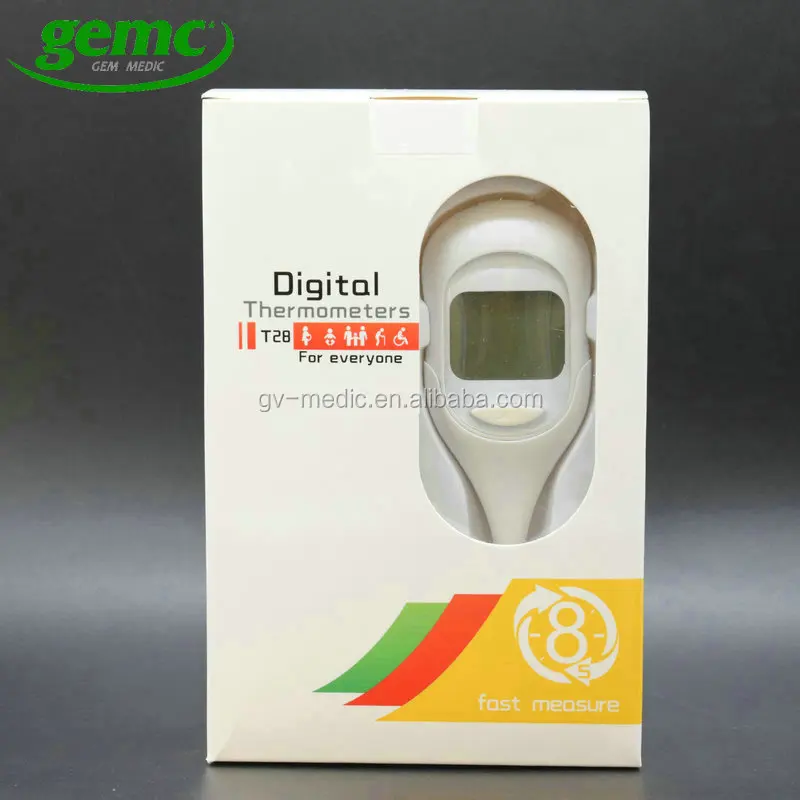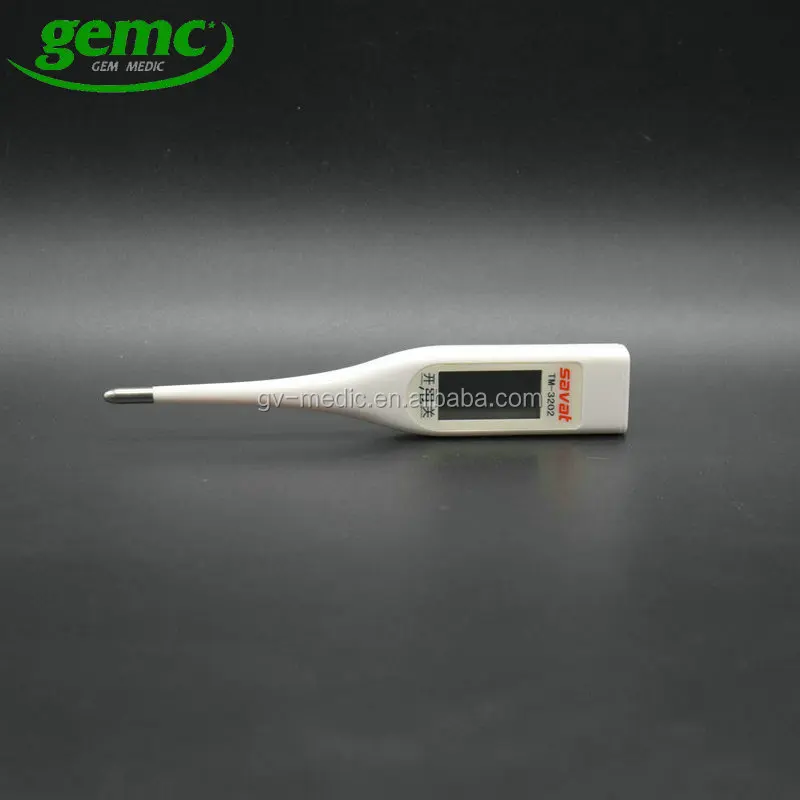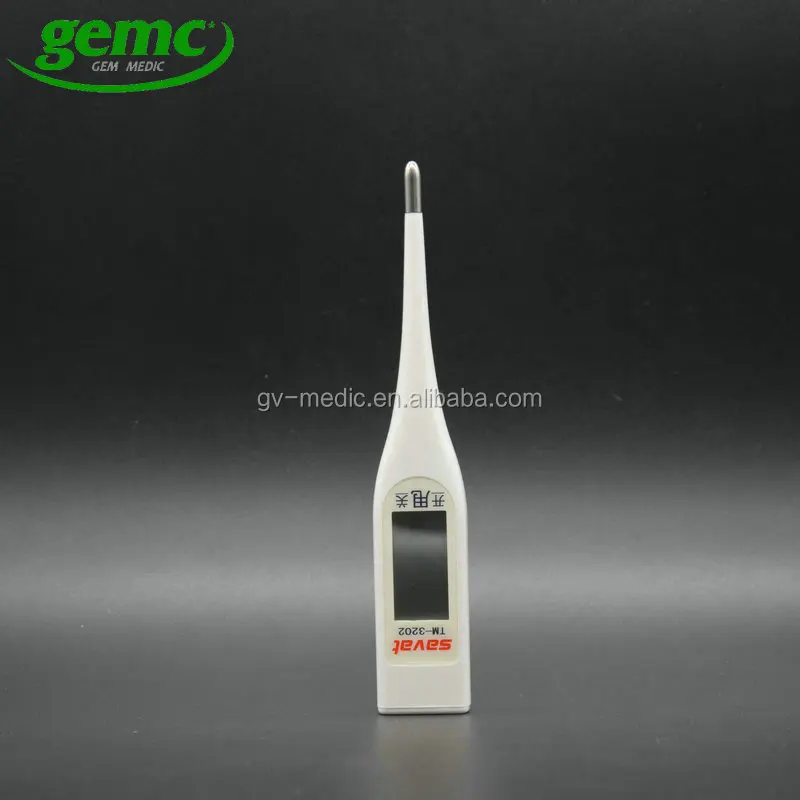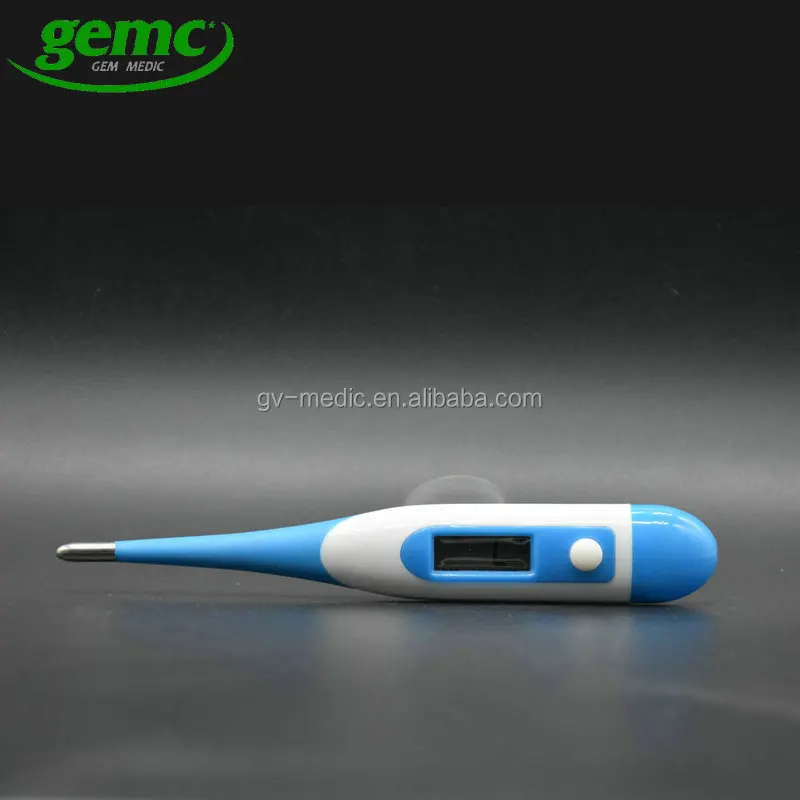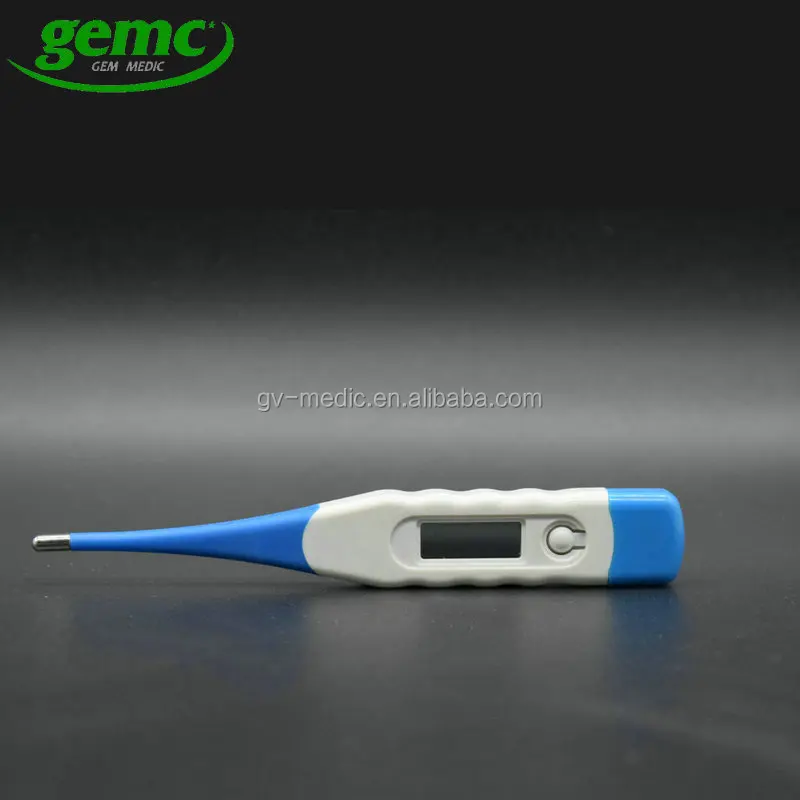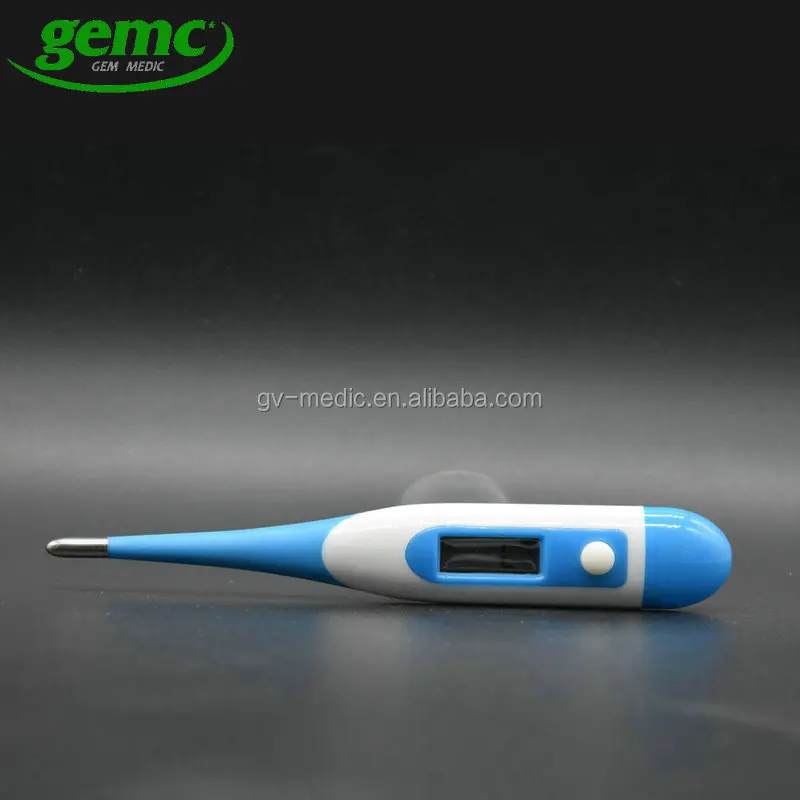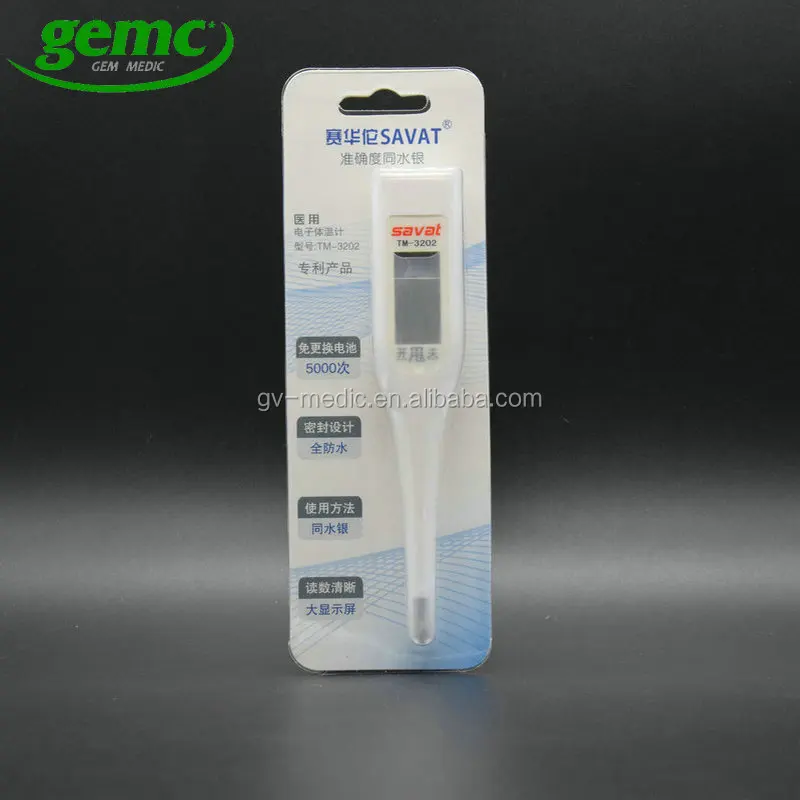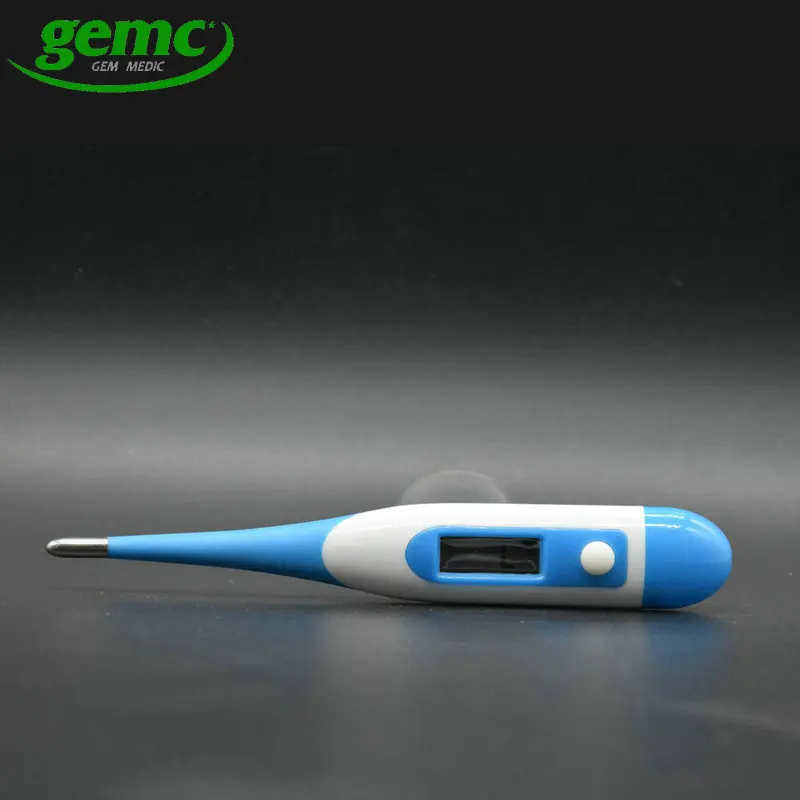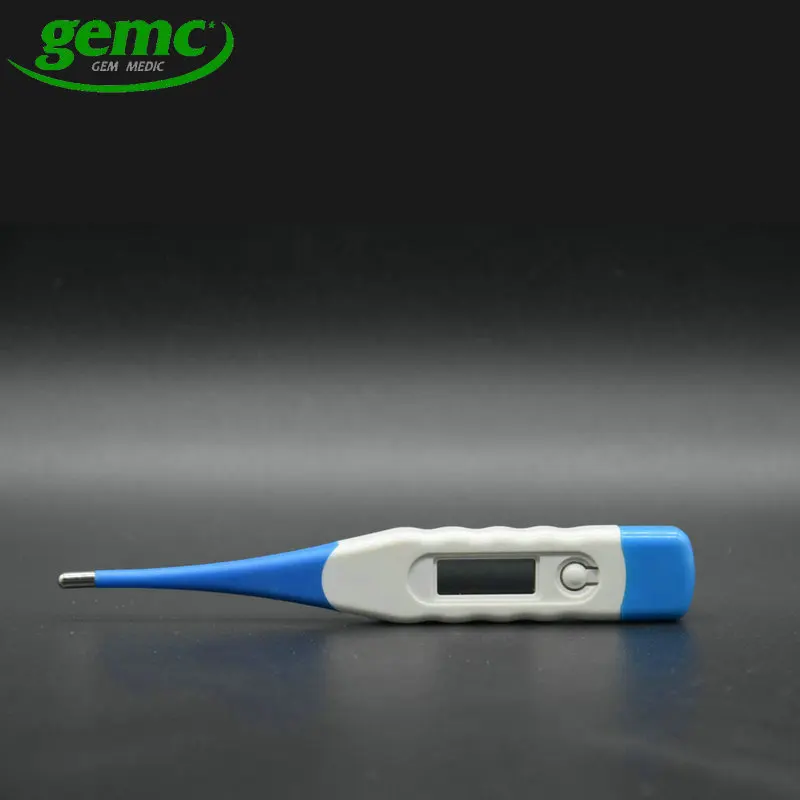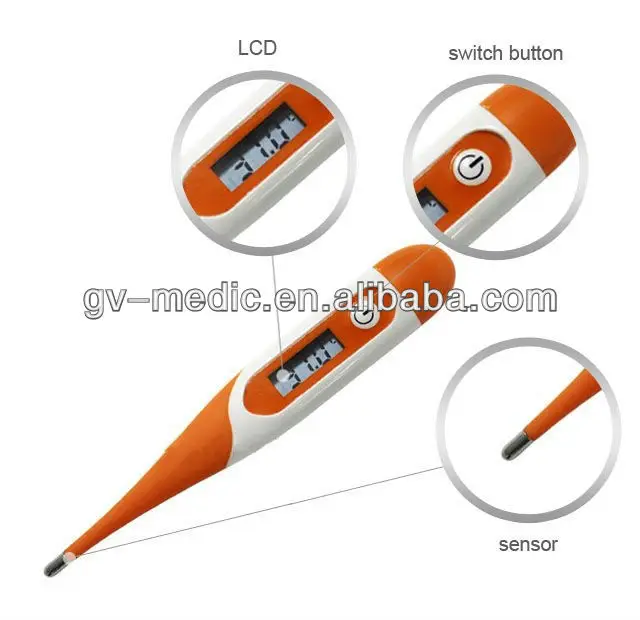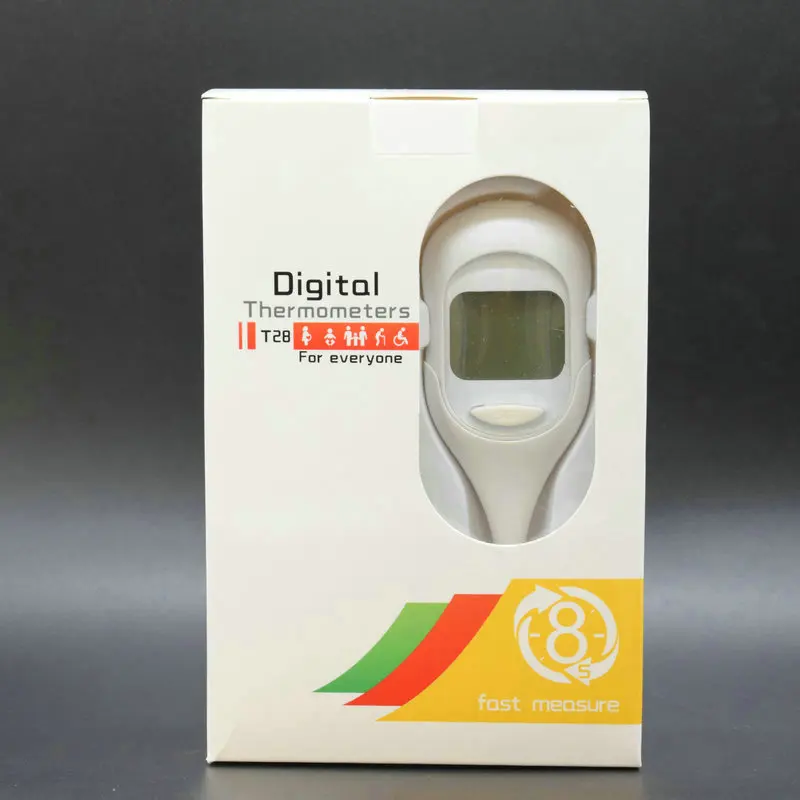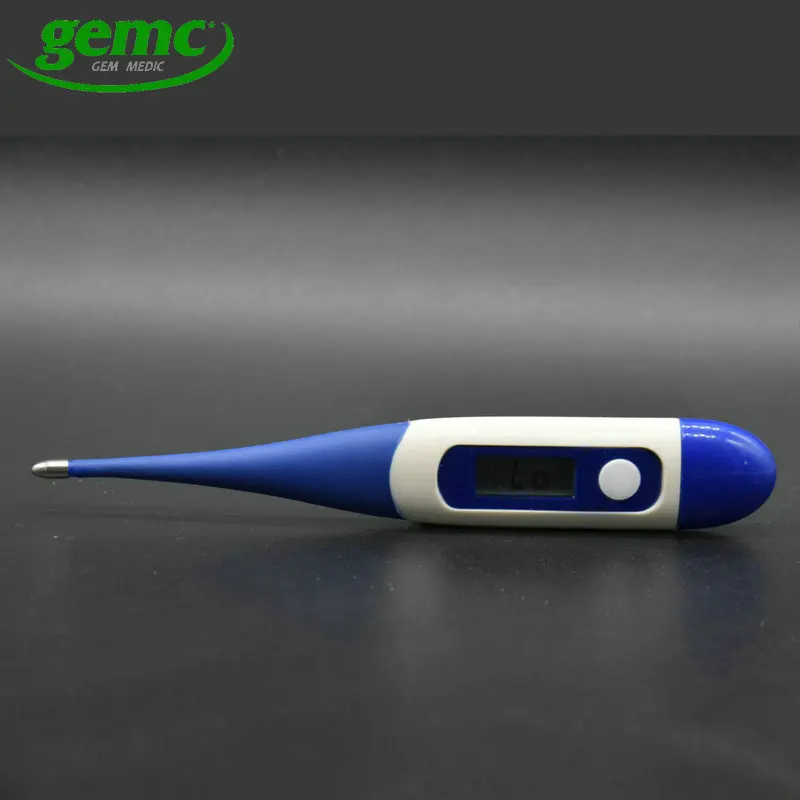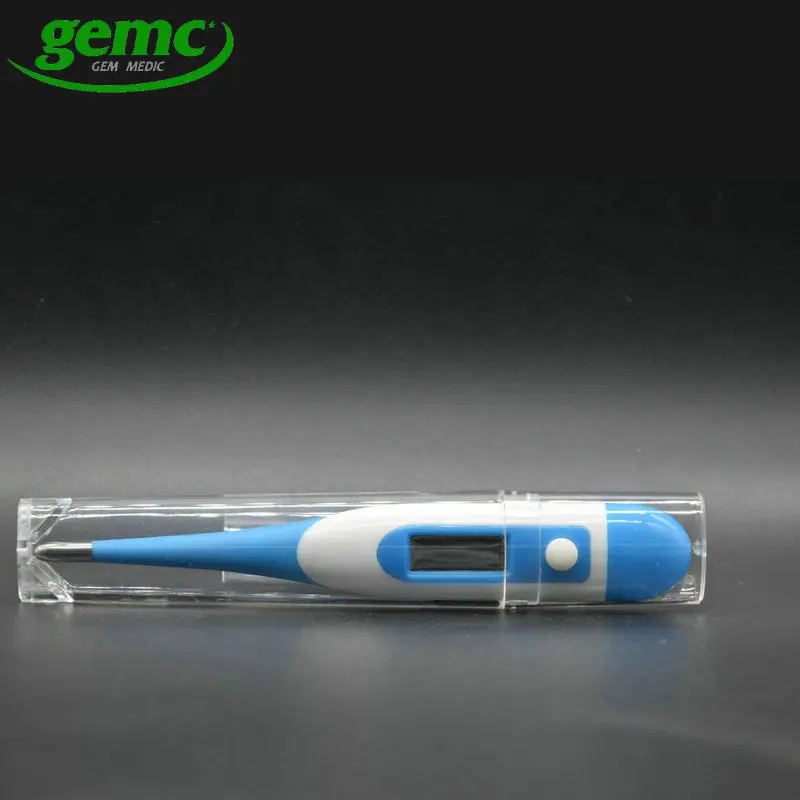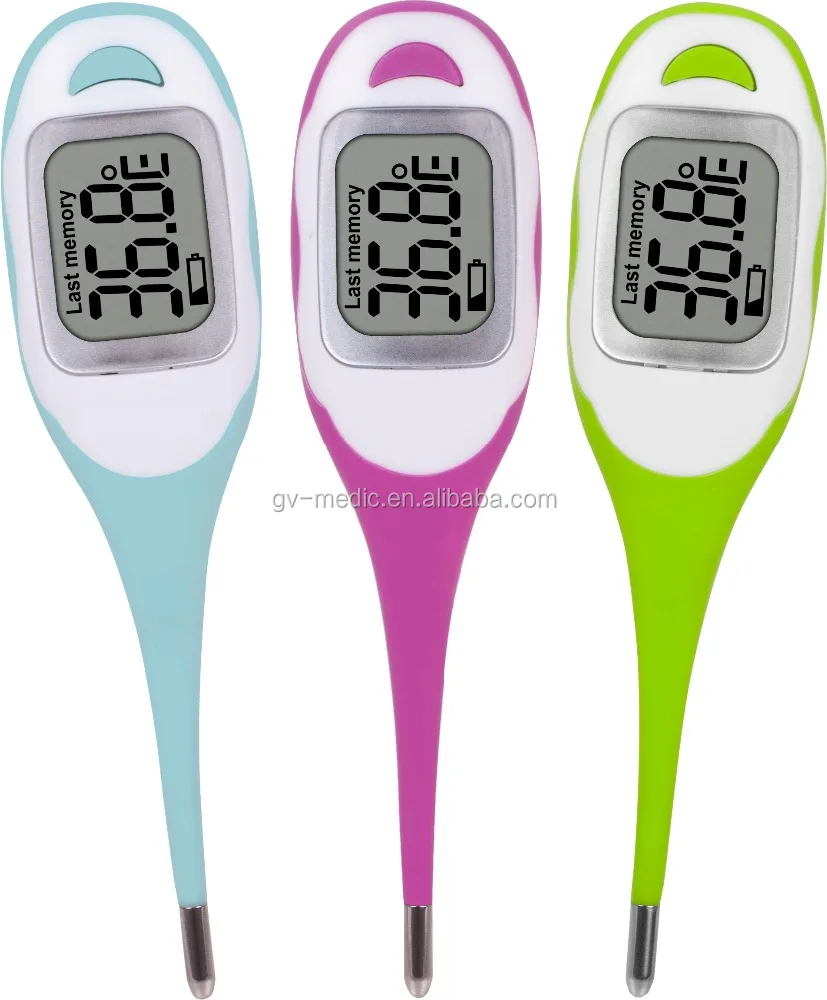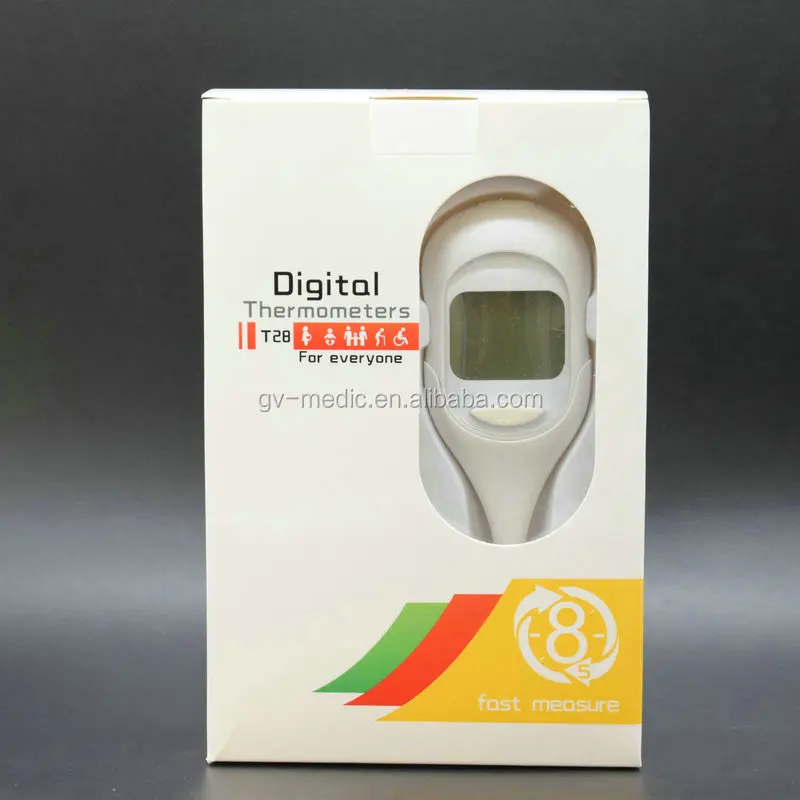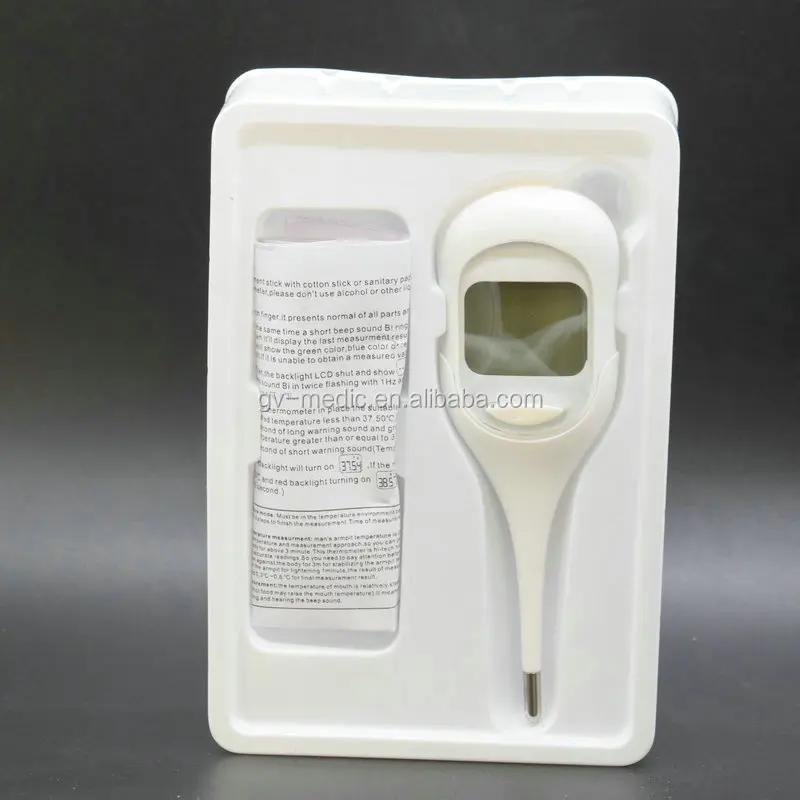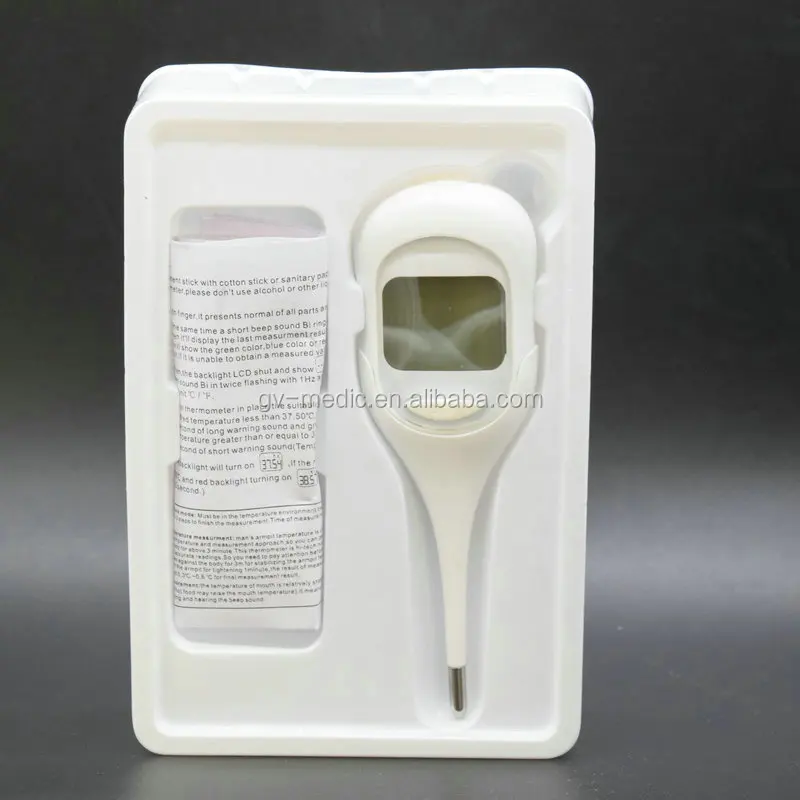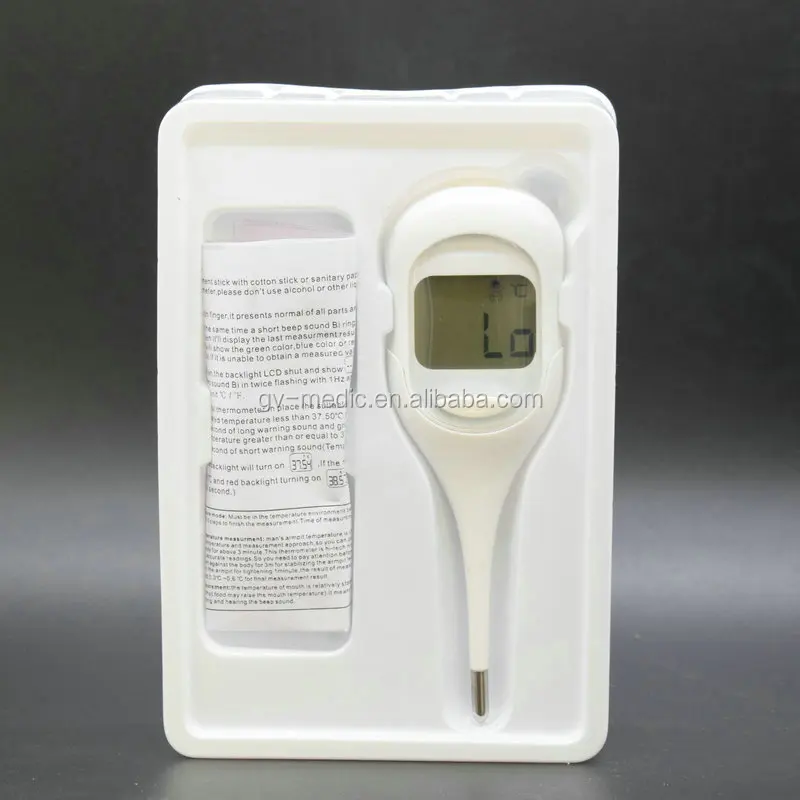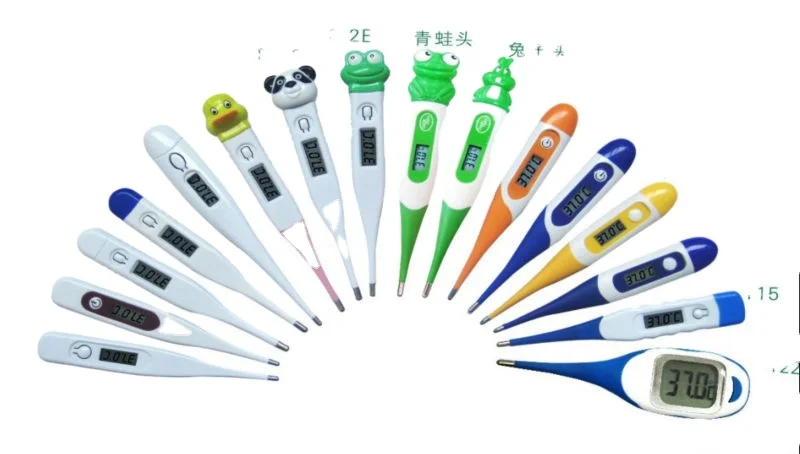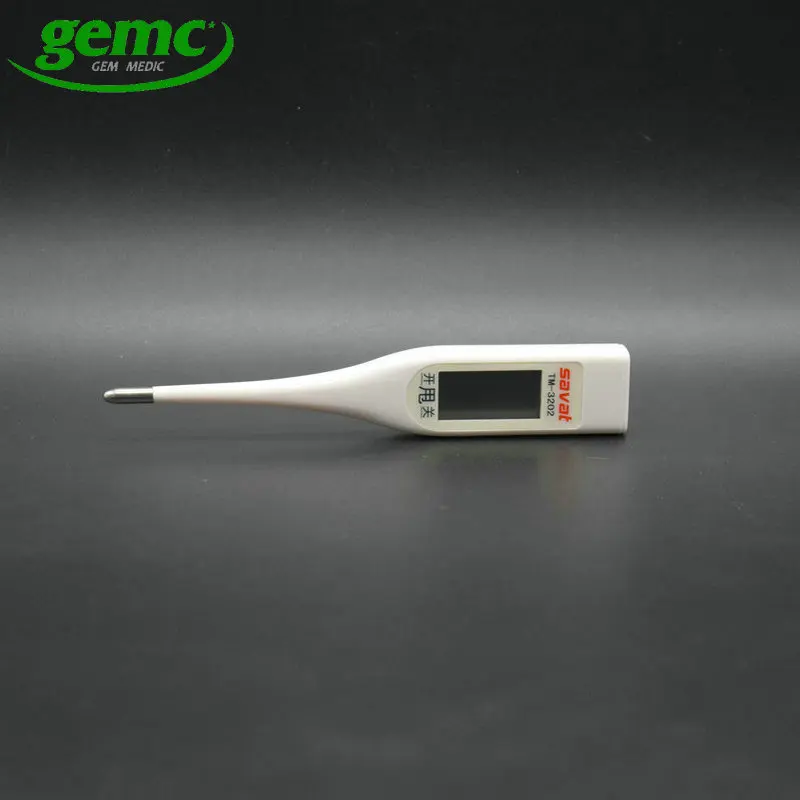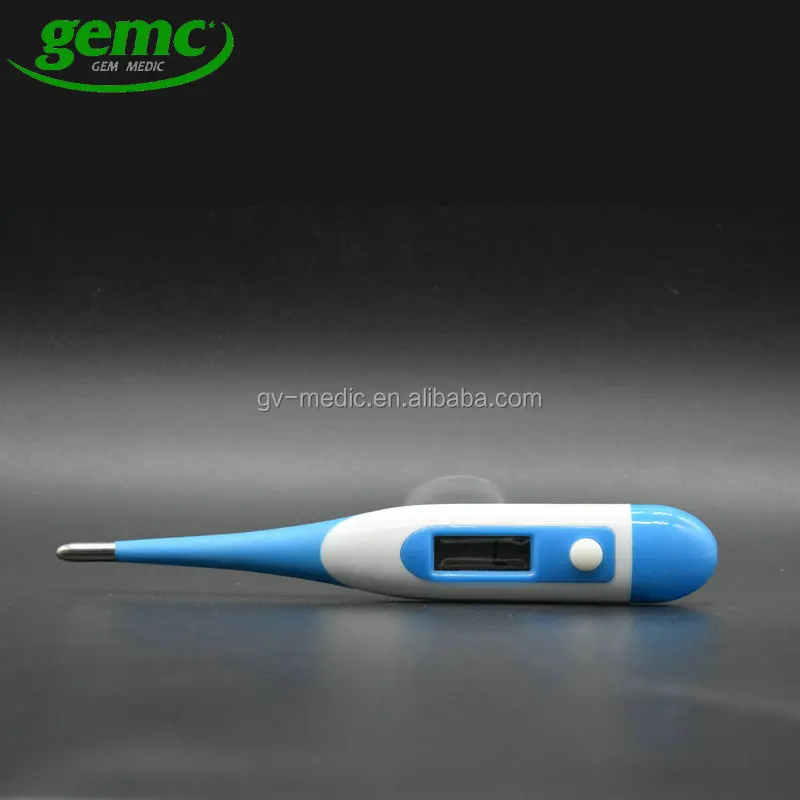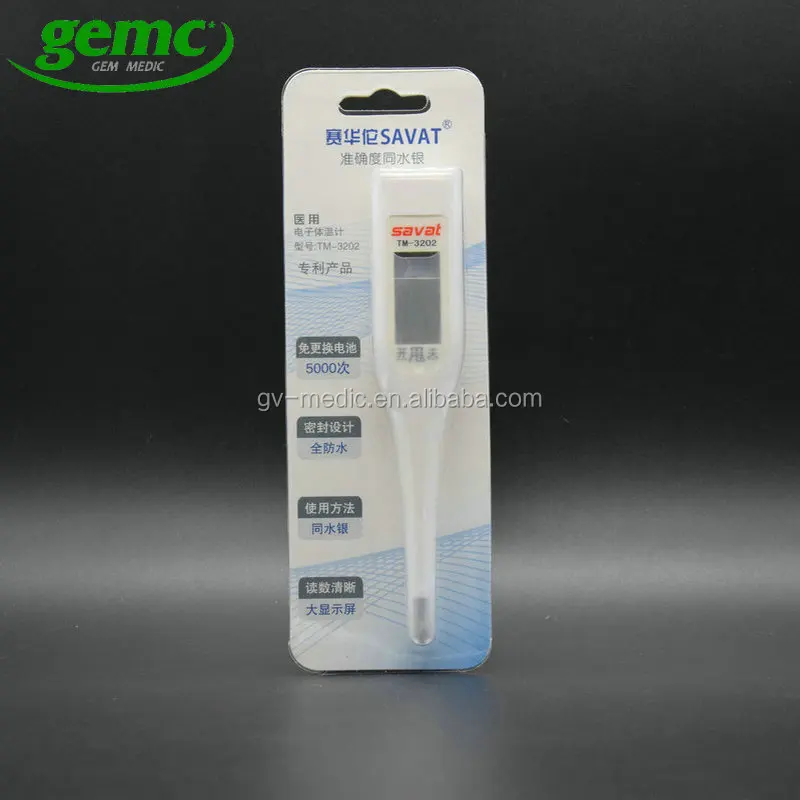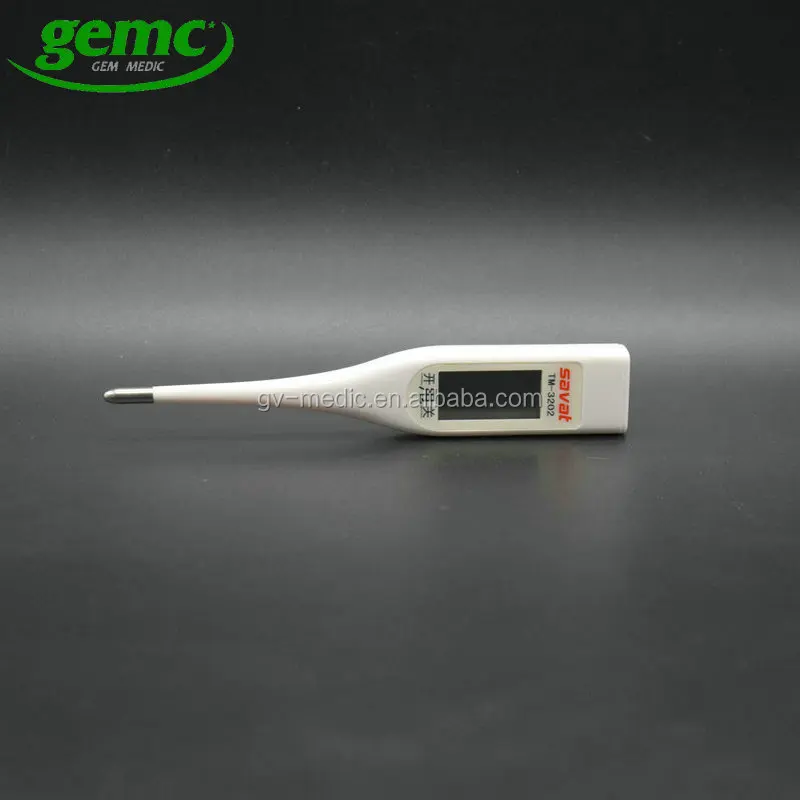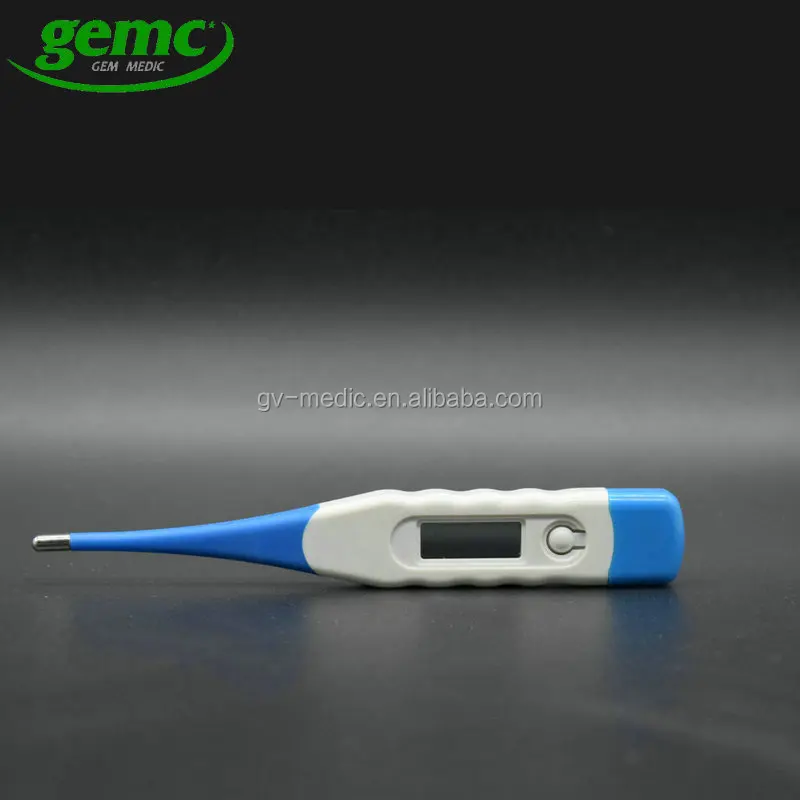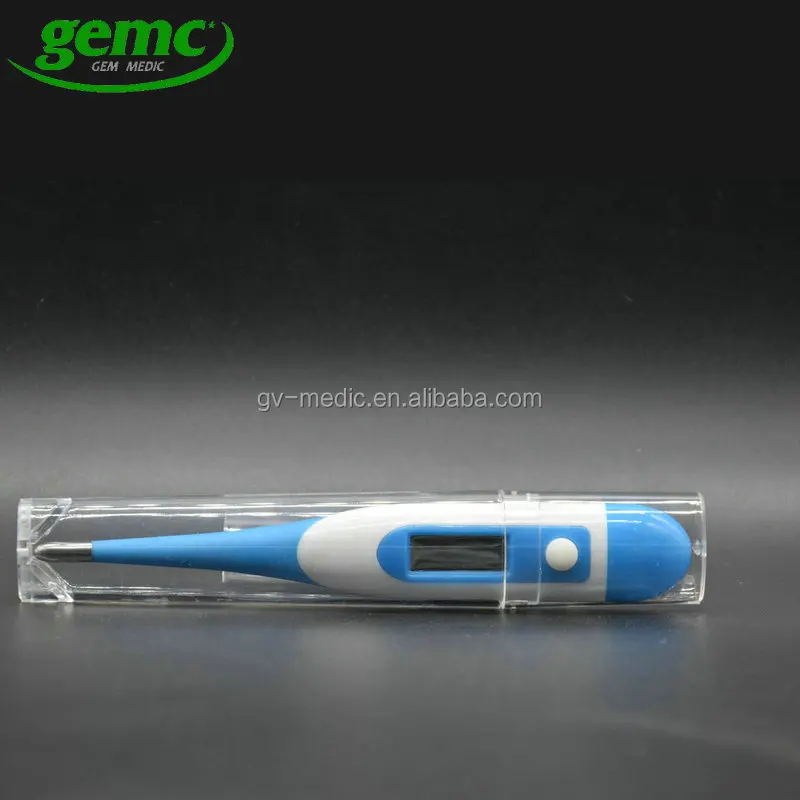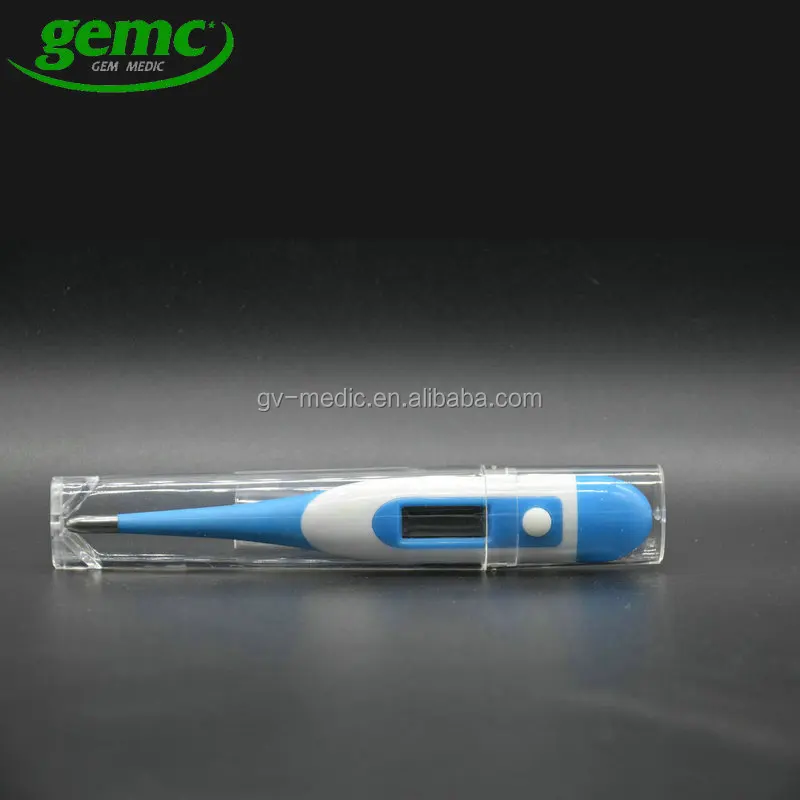Thermometer Buying Guide: How to Choose the Best for Your Needs
When it comes to monitoring health, a reliable thermometer is an essential tool. Whether for home use, medical facilities, or industrial applications, choosing the right one can make a significant difference. This guide covers everything from types and features to buying tips and FAQs.
How to Find Reliable Thermometer from China in 2025
China remains a leading manufacturer of thermometers, offering a wide range of options at competitive prices. To ensure reliability, look for suppliers with certifications like ISO 13485 for medical devices. Check customer reviews and request product samples before bulk purchases. Platforms like Alibaba provide verified suppliers with transparent ratings.
What Buyers Should Know Before Buying Thermometer from China
Before purchasing, verify the accuracy standards (e.g., ASTM or EN) and ensure the device meets your region's regulatory requirements. Consider shipping costs and lead times, as delays can occur. Opt for suppliers offering after-sales support and warranties to safeguard your investment.
Types of Thermometer
1. Digital Thermometers: Fast and easy to use, ideal for home and clinical settings.
2. Infrared Thermometers: Non-contact, perfect for industrial and medical use.
3. Mercury Thermometers: Traditional but being phased out due to safety concerns.
4. Ear (Tympanic) Thermometers: Quick readings, often used in pediatric care.
5. Forehead Strips: Convenient but less accurate for precise measurements.
Functions and Features of Thermometer
Modern thermometers come with features like backlit displays, memory recall, and fever alarms. Infrared models offer instant readings without contact, reducing cross-contamination risks. Some advanced devices sync with smartphones for tracking trends over time.
Scenarios of Thermometer
Home Use: Digital or infrared models for family health monitoring.
Medical Facilities: High-precision devices for accurate patient assessments.
Industrial: Infrared thermometers for equipment temperature checks.
Food Industry: Probe thermometers to ensure safe cooking temperatures.
How to Choose Thermometer
Consider accuracy (±0.1°C for medical use), response time, and ease of cleaning. For infants, opt for ear or forehead models. Budget-friendly options are available, but invest in quality for critical applications.
Thermometer Q & A
Q: How often should I calibrate my thermometer?
A: For medical use, calibrate every 6-12 months; industrial devices may require more frequent checks.
Q: Are infrared thermometers accurate?
A: Yes, with a margin of ±0.2°C when used correctly.
Q: Can I use a food thermometer for body temperature?
A: No, food thermometers aren't designed for clinical accuracy.
Q: What’s the best thermometer for babies?
A: Ear or forehead models are safest and least invasive.
Q: How do I disinfect a thermometer?
A: Use alcohol wipes or follow the manufacturer’s guidelines.





